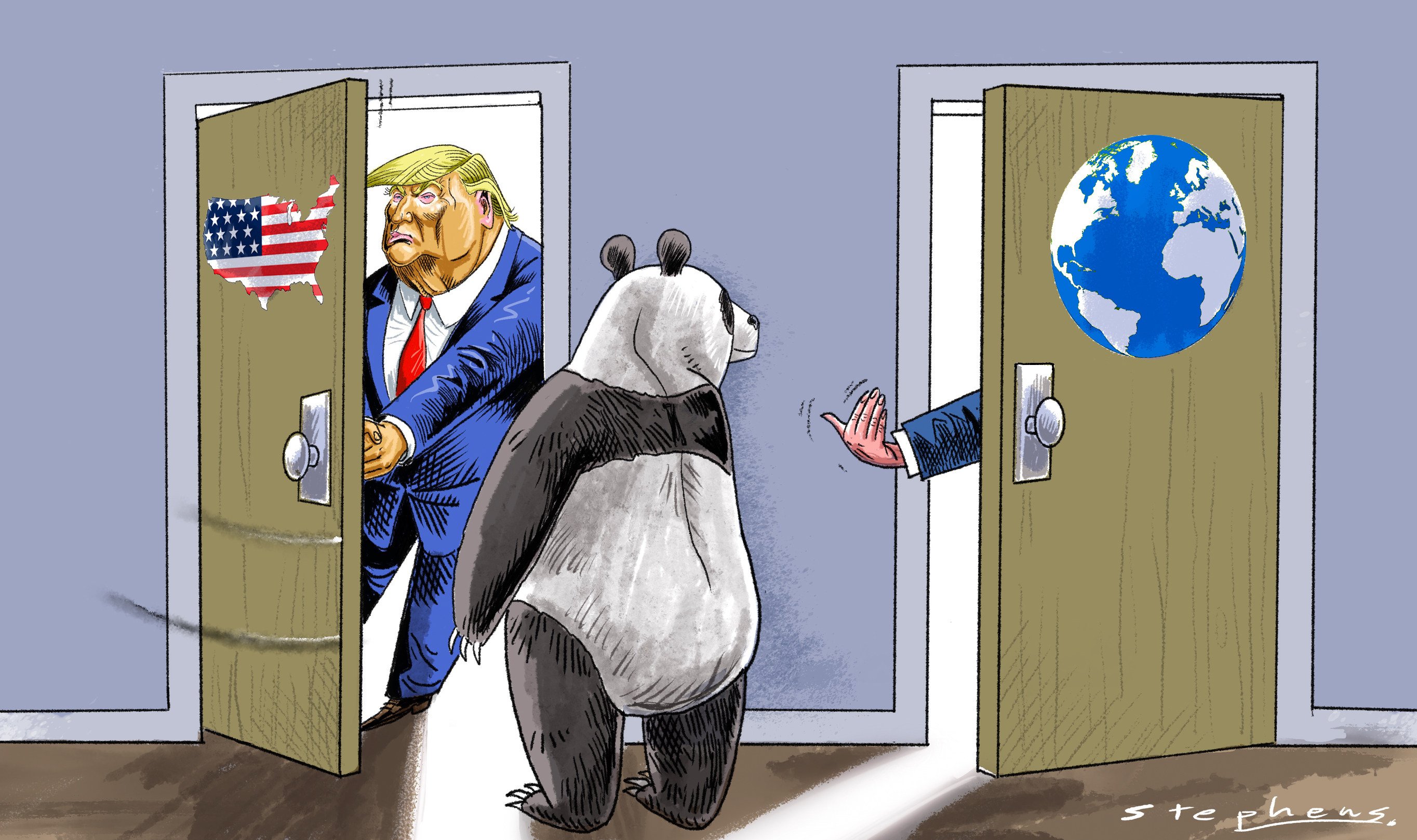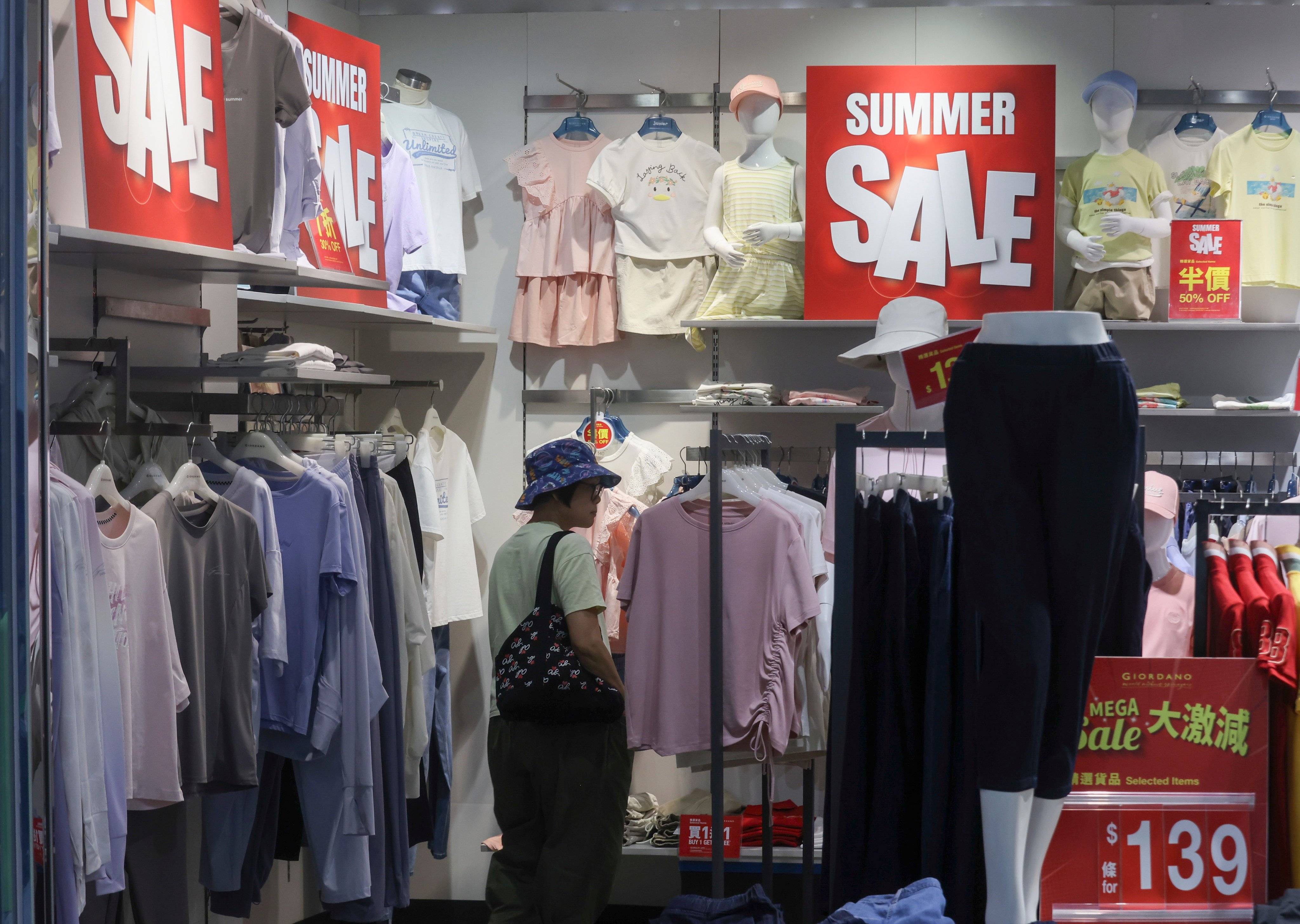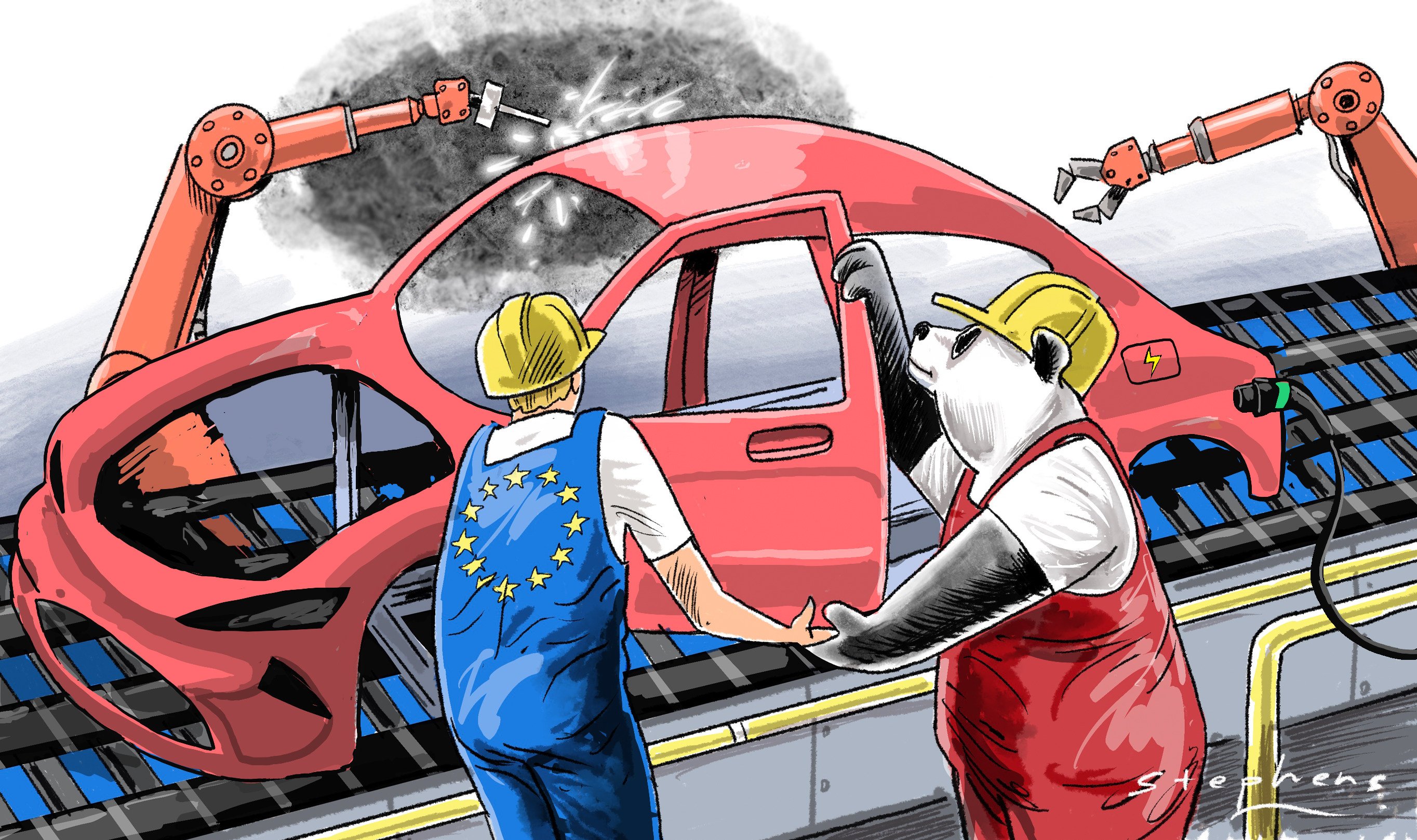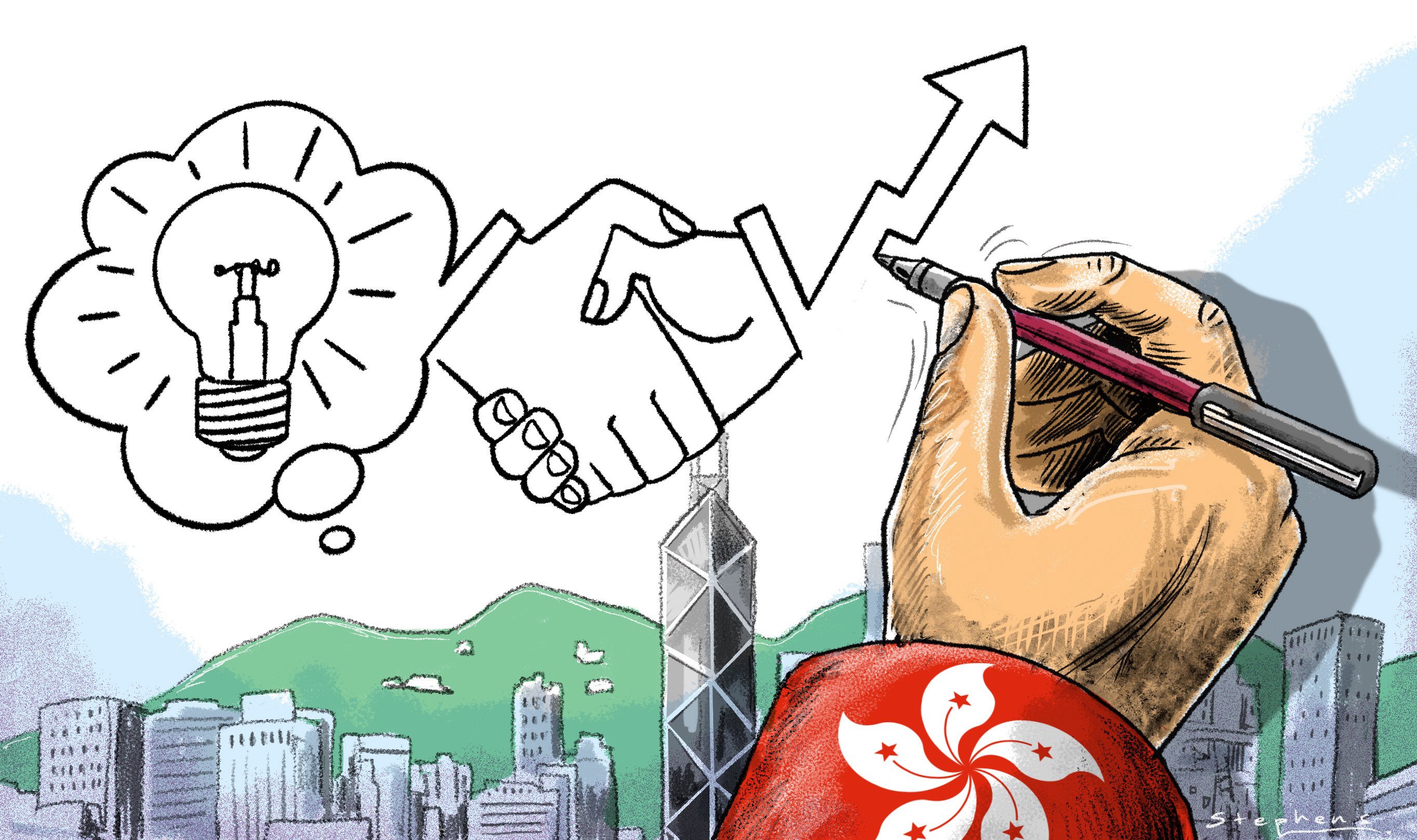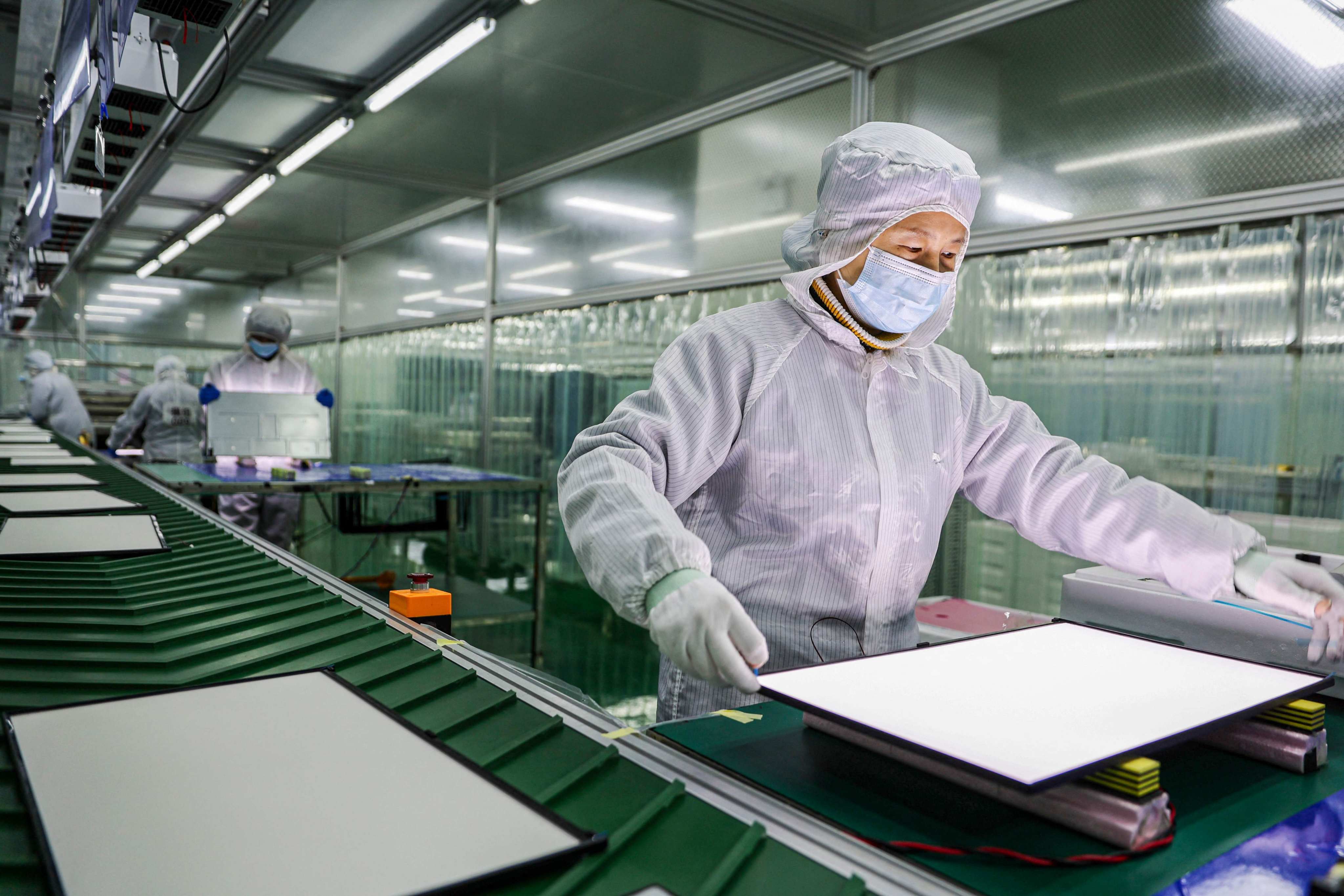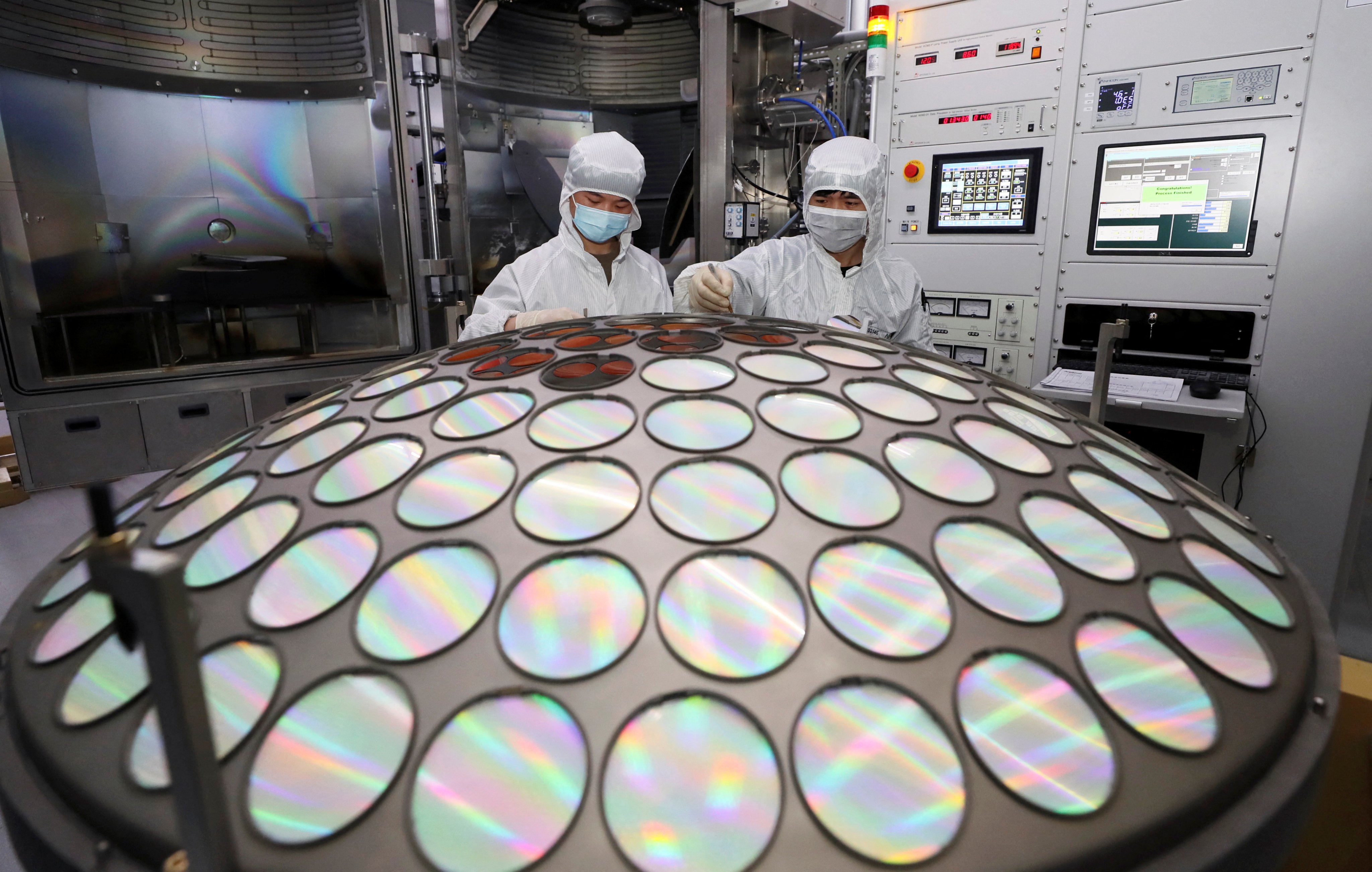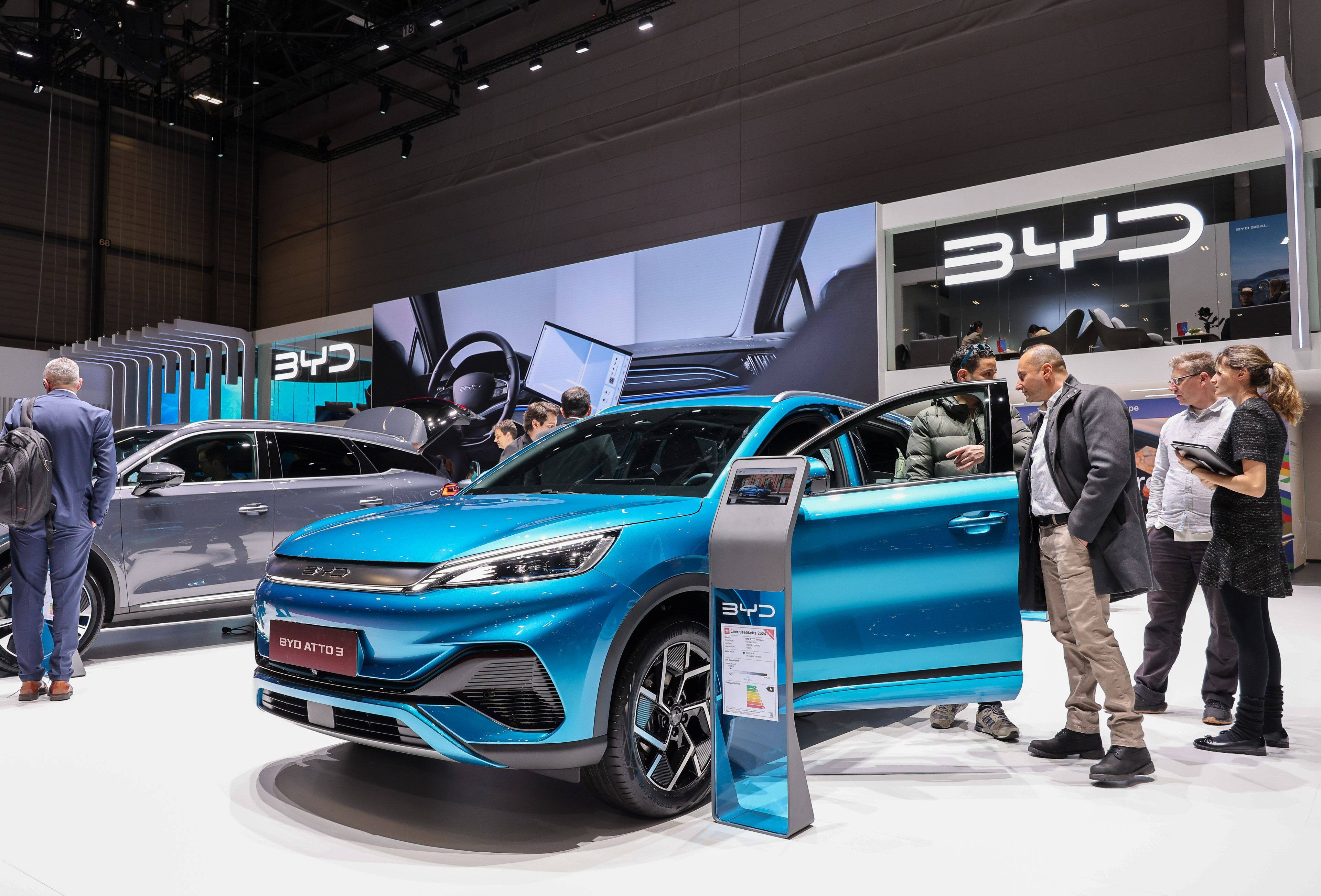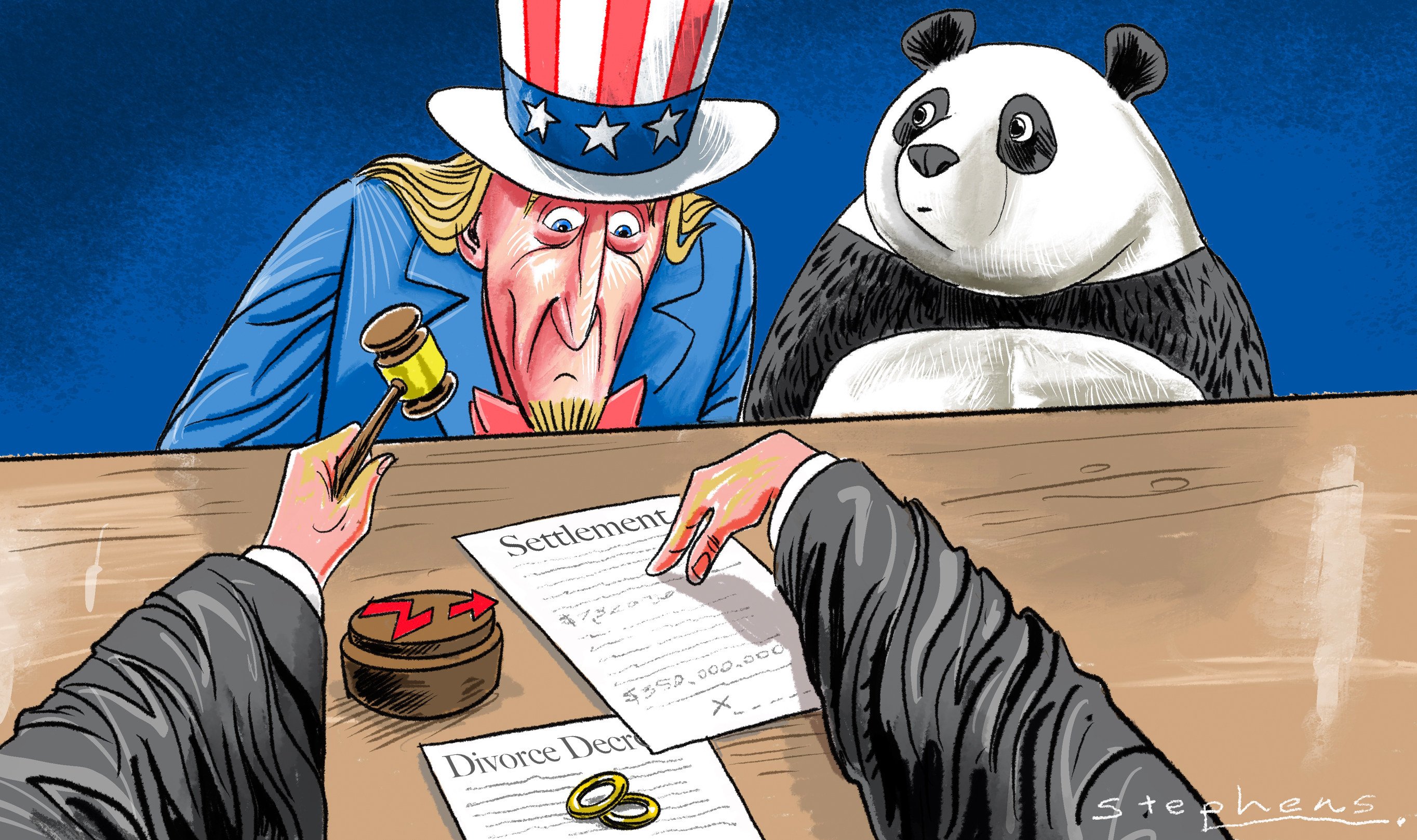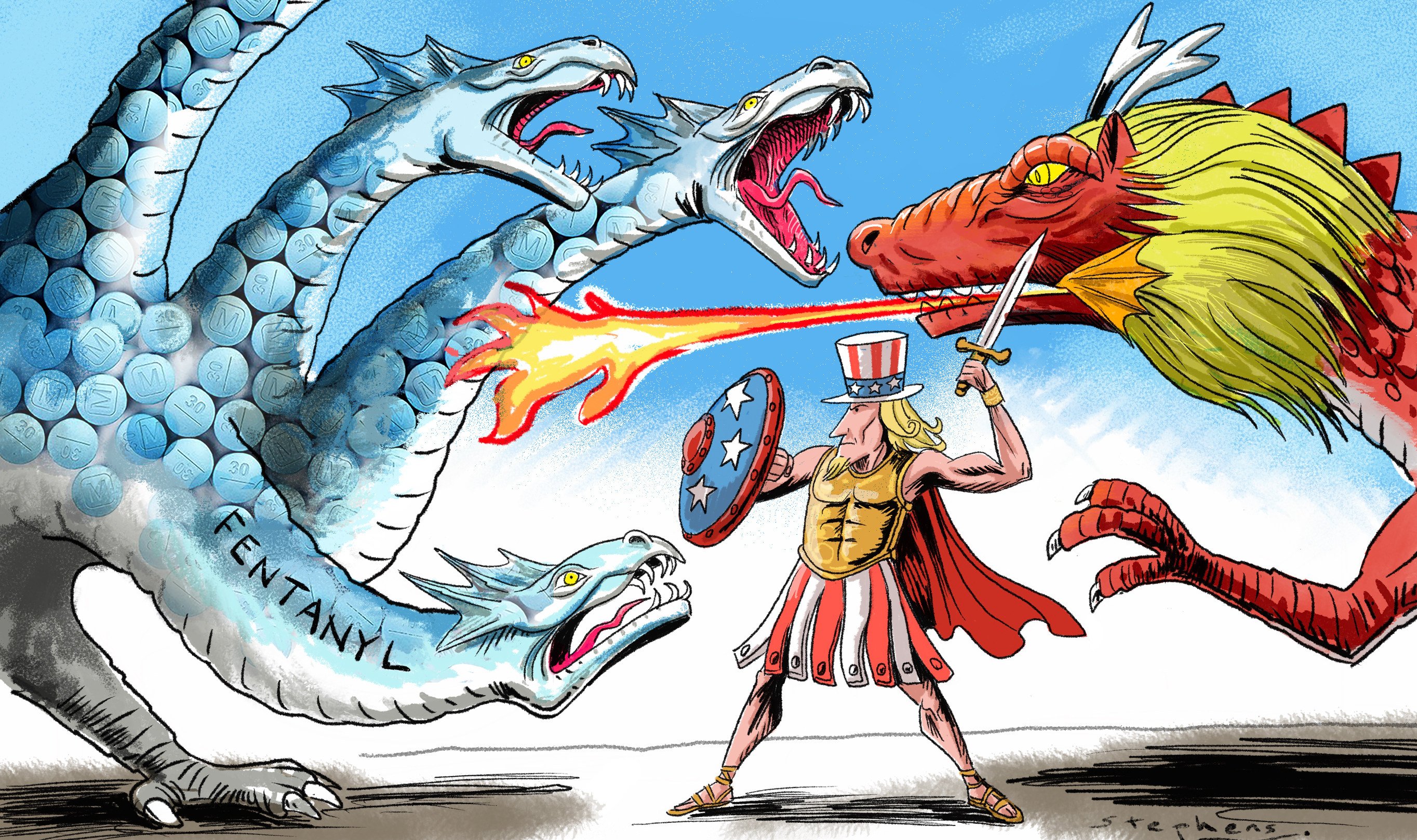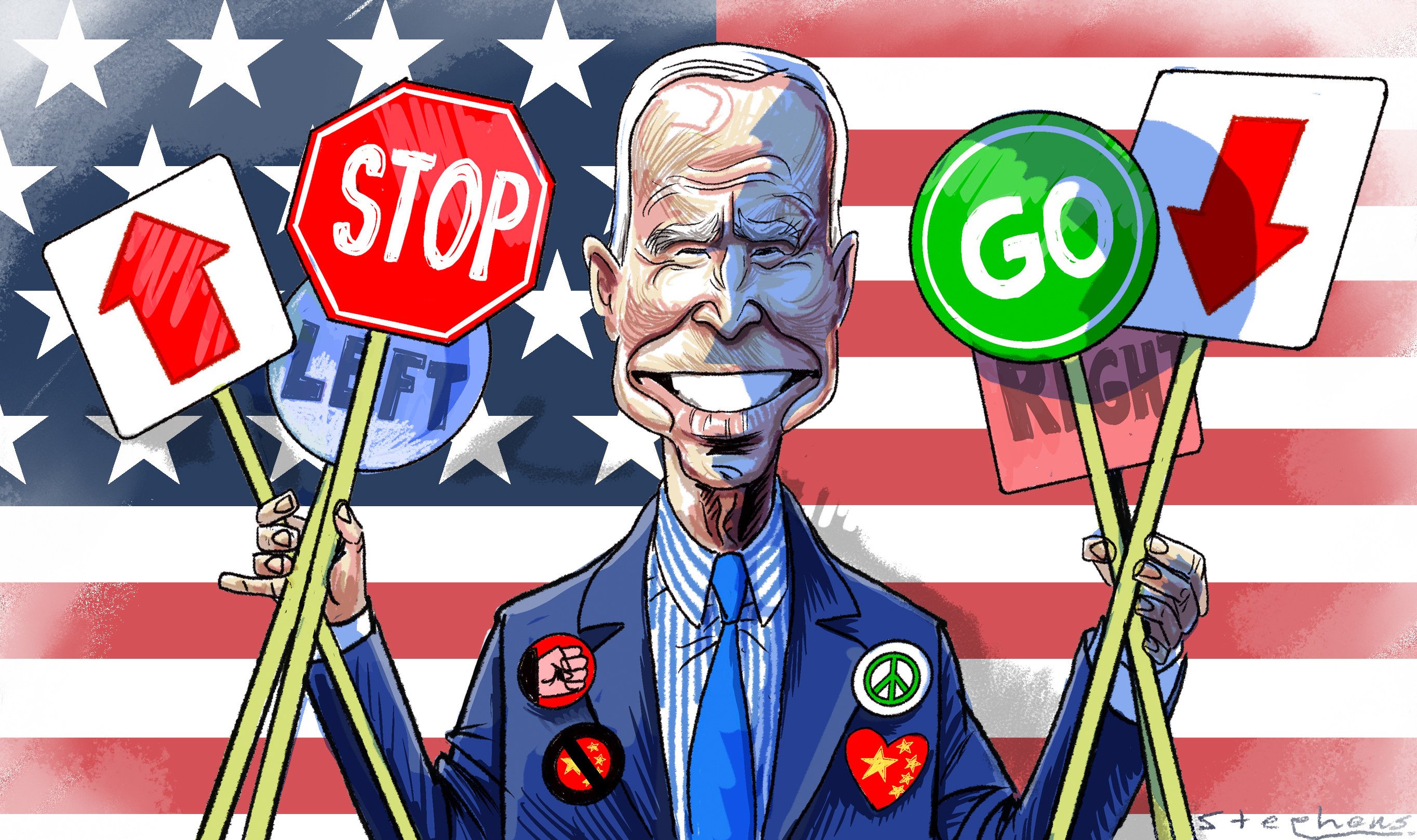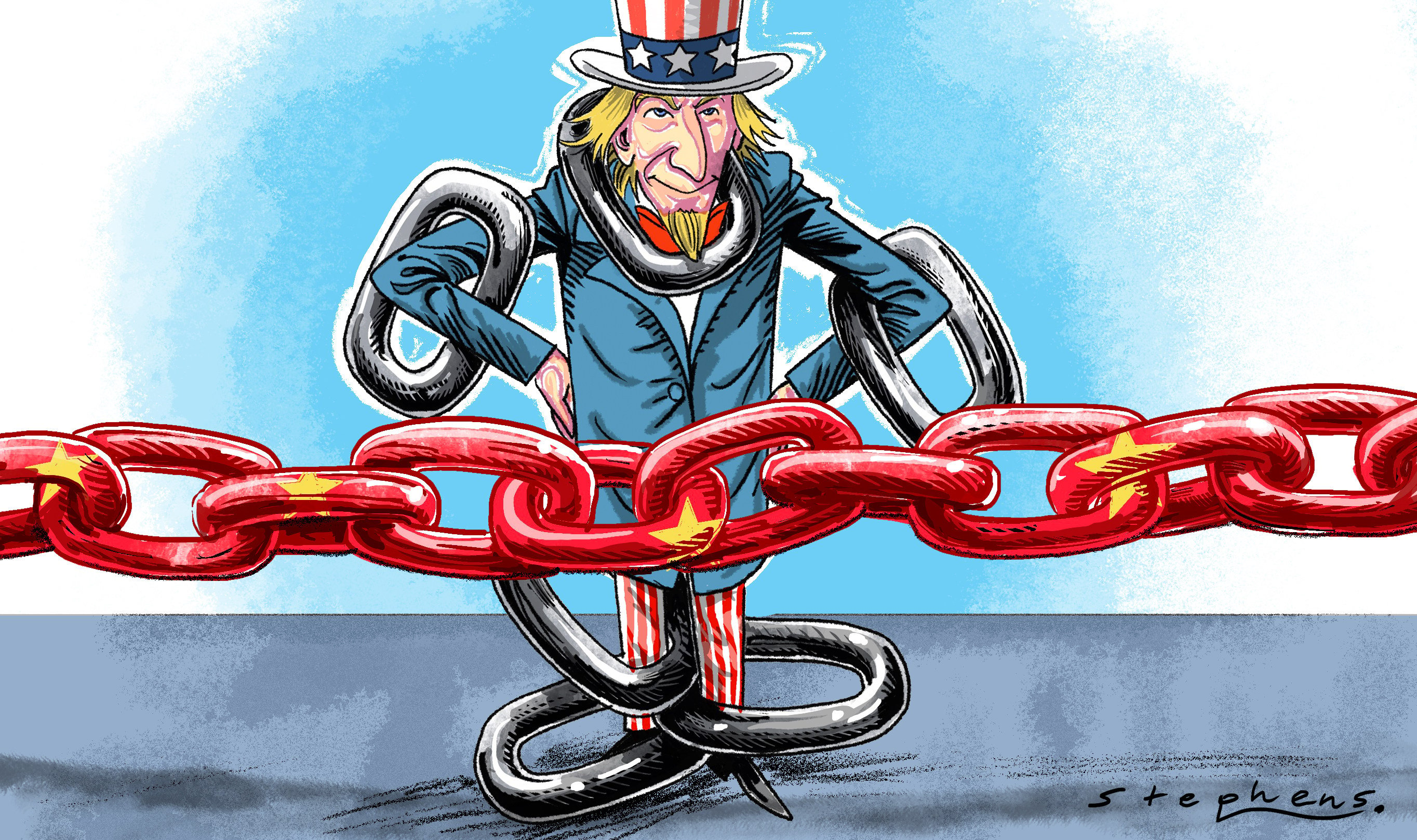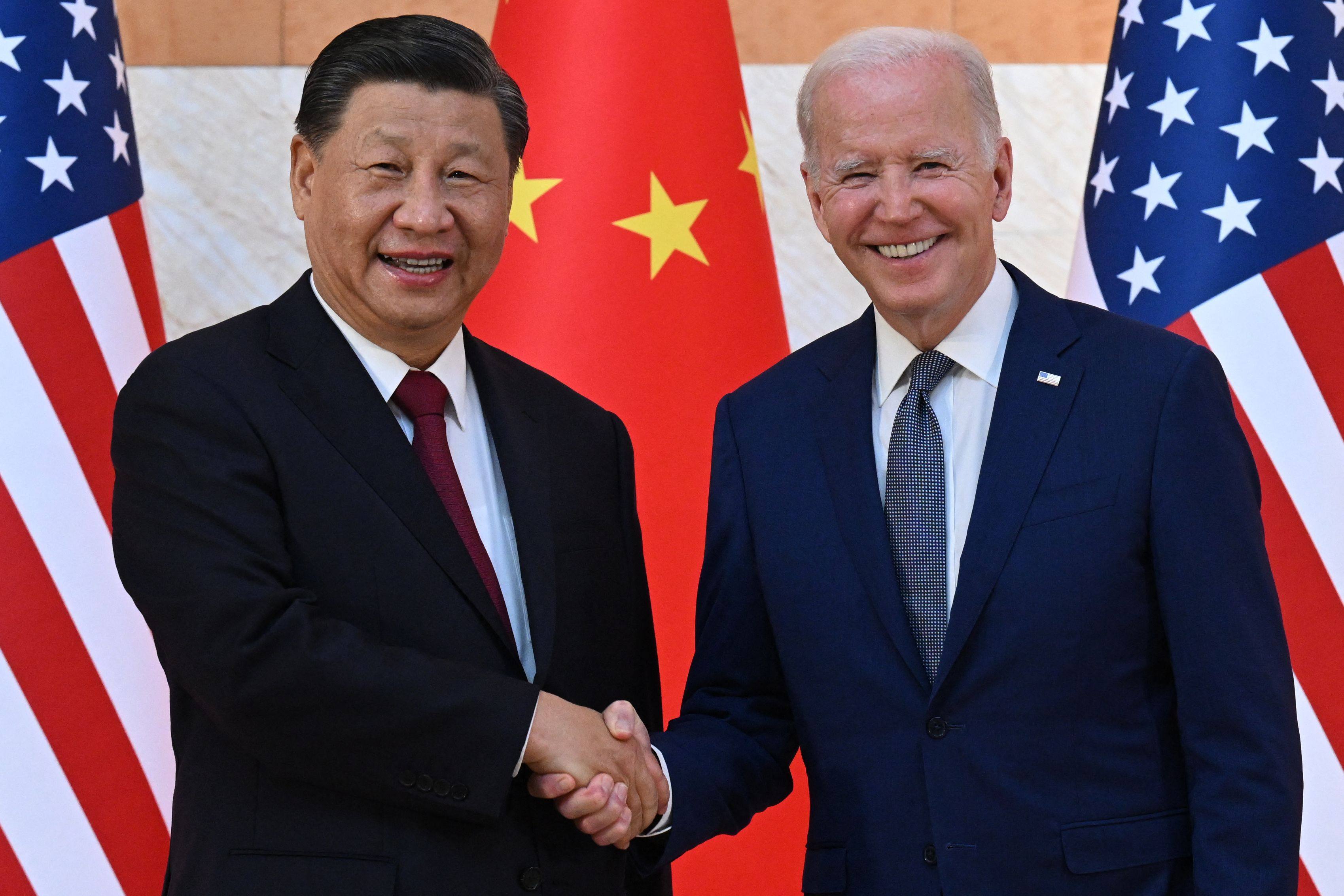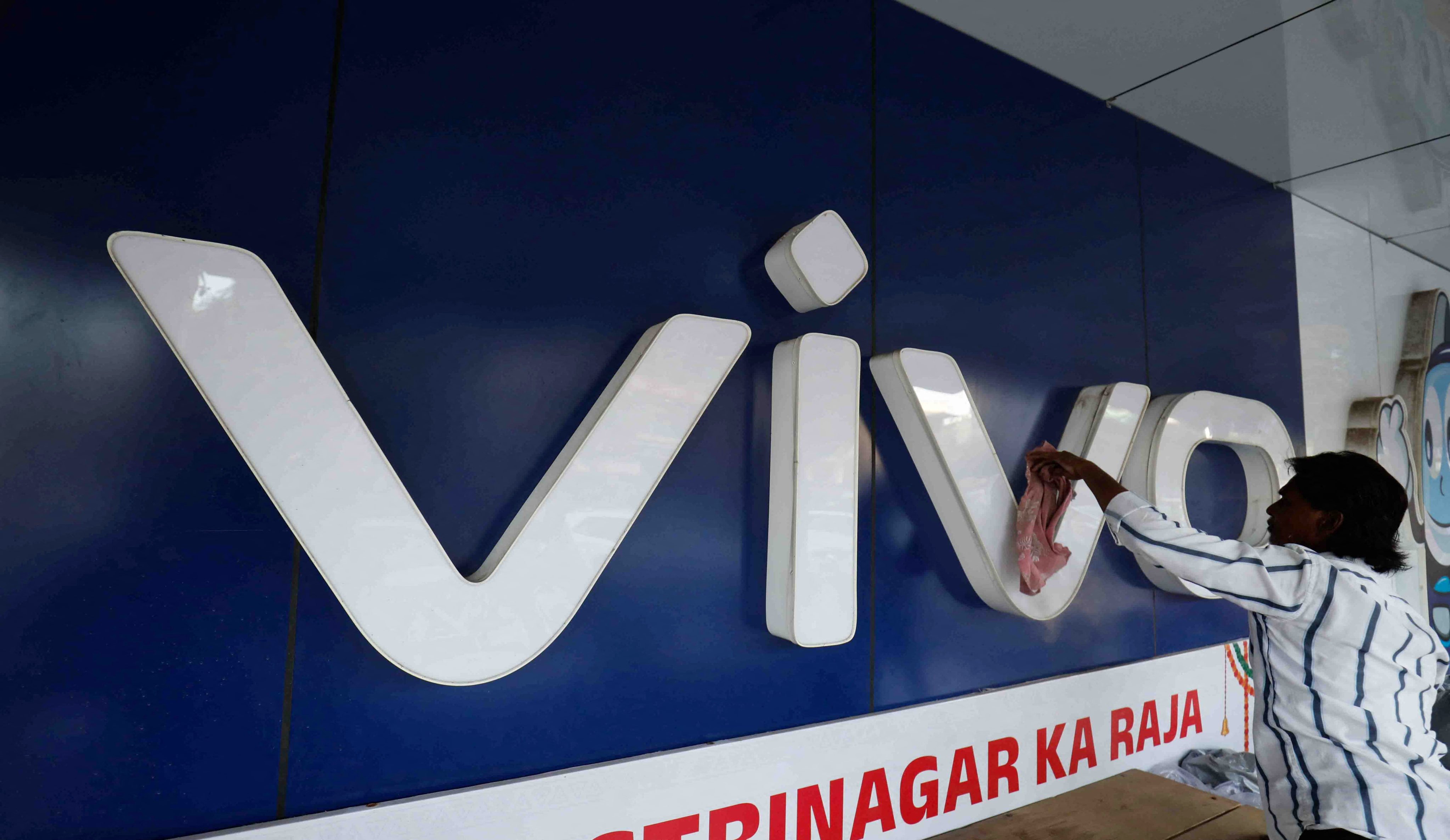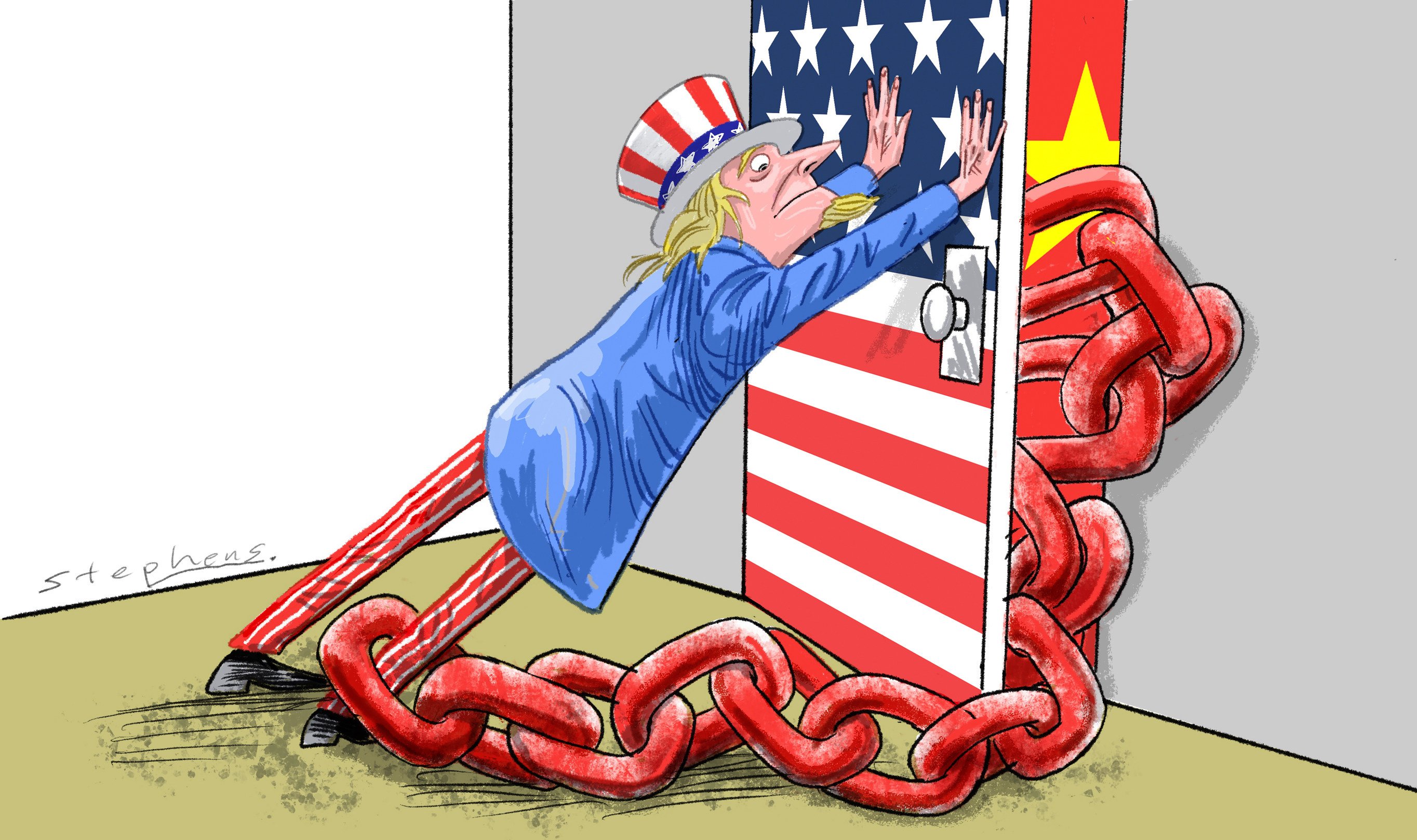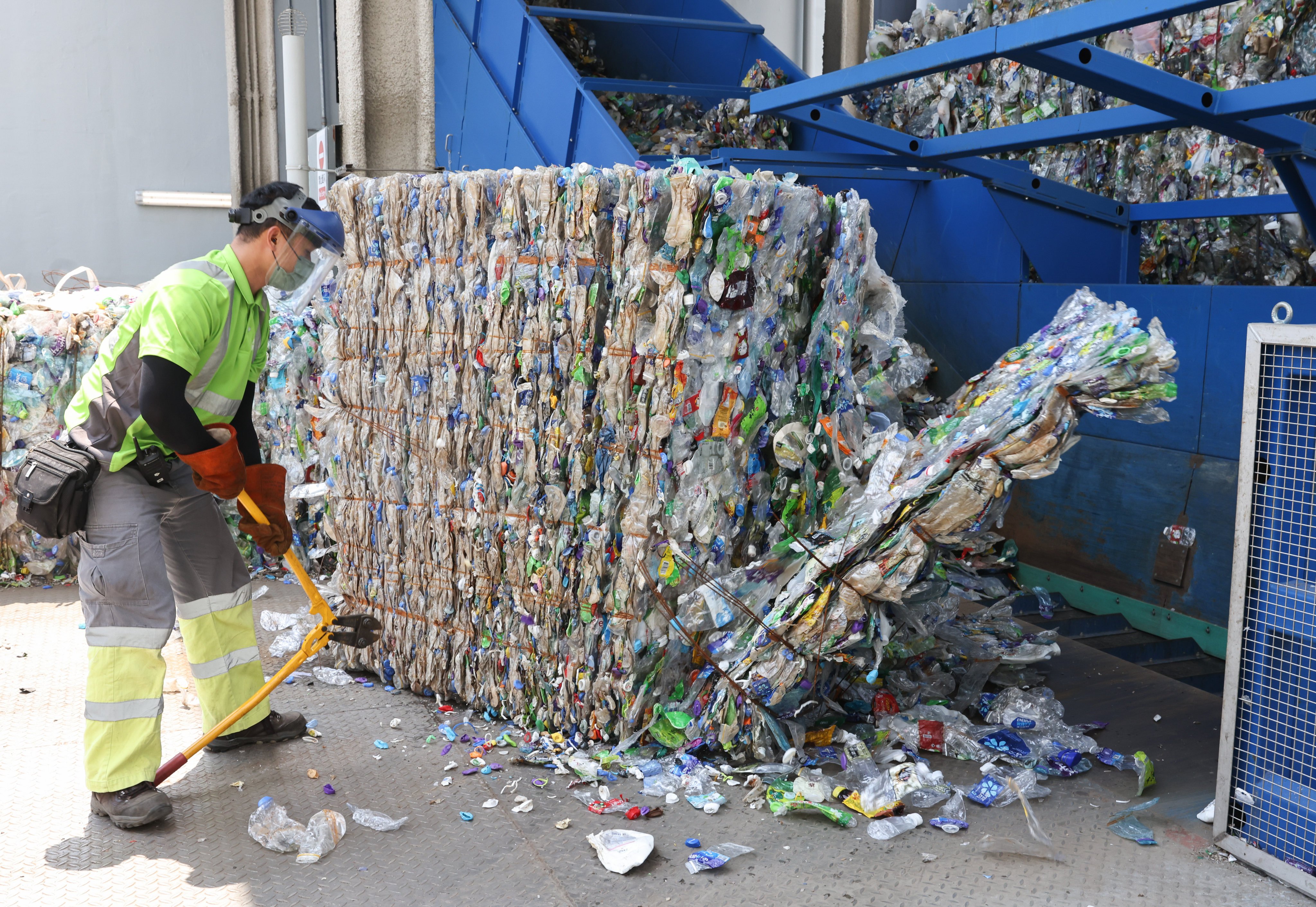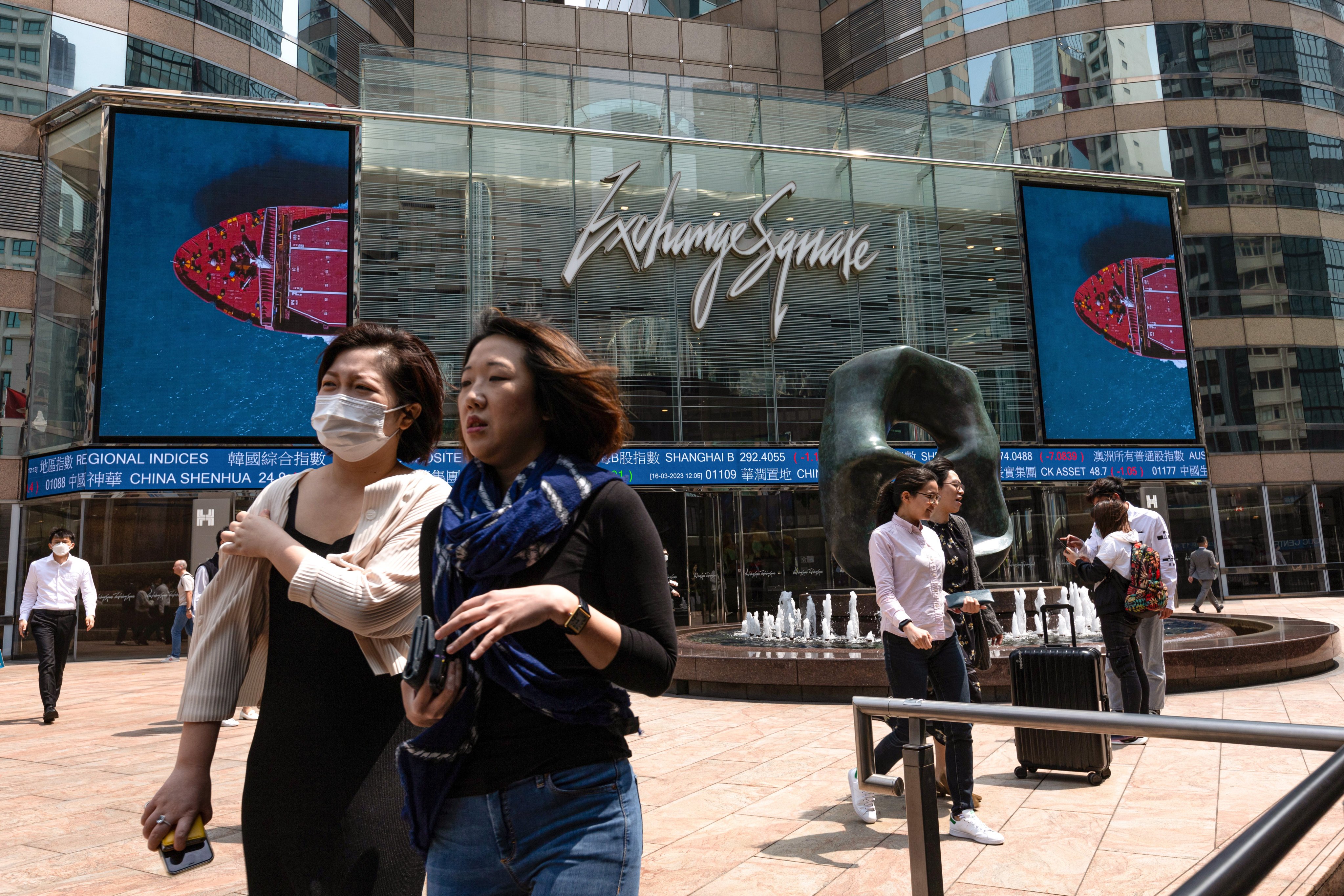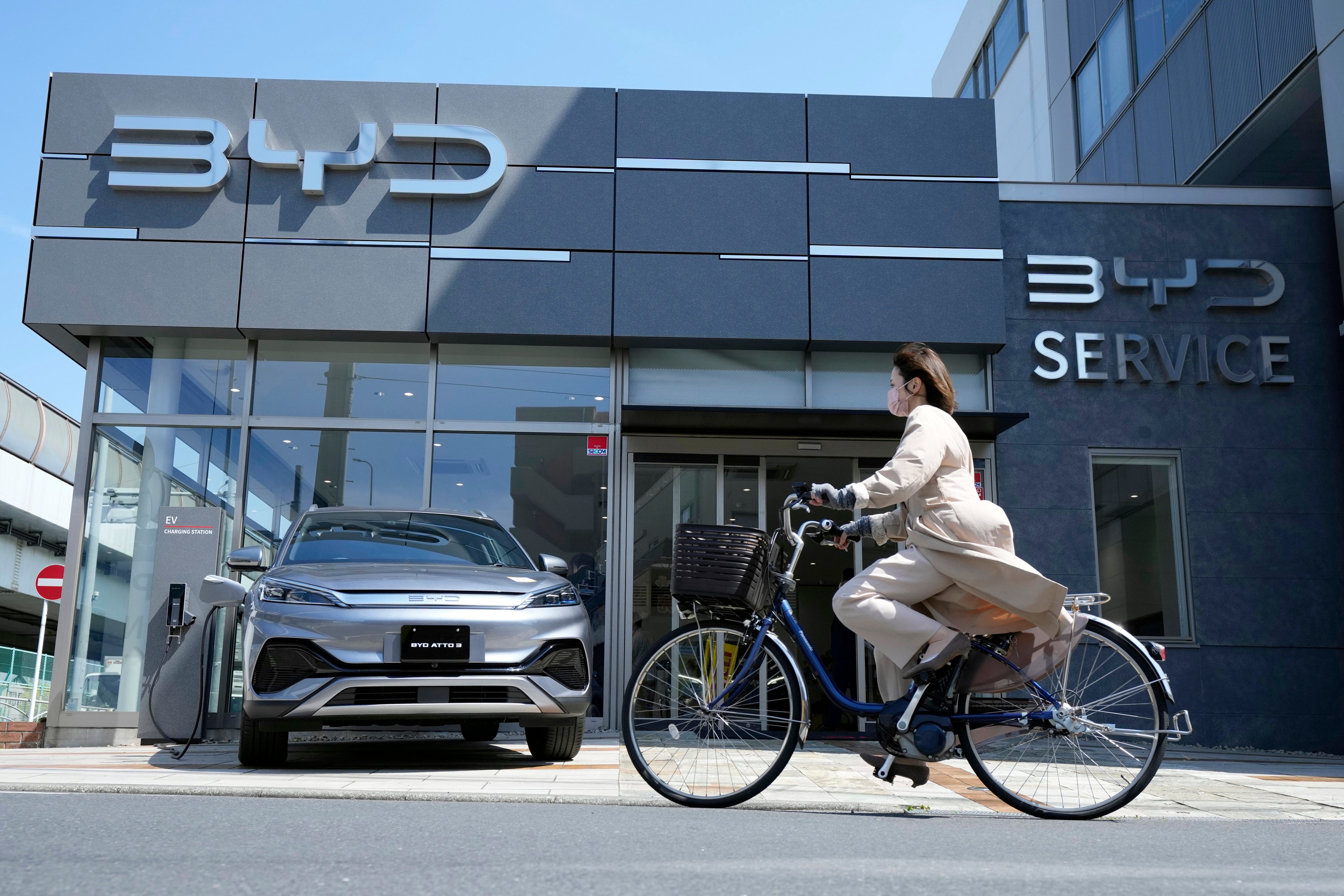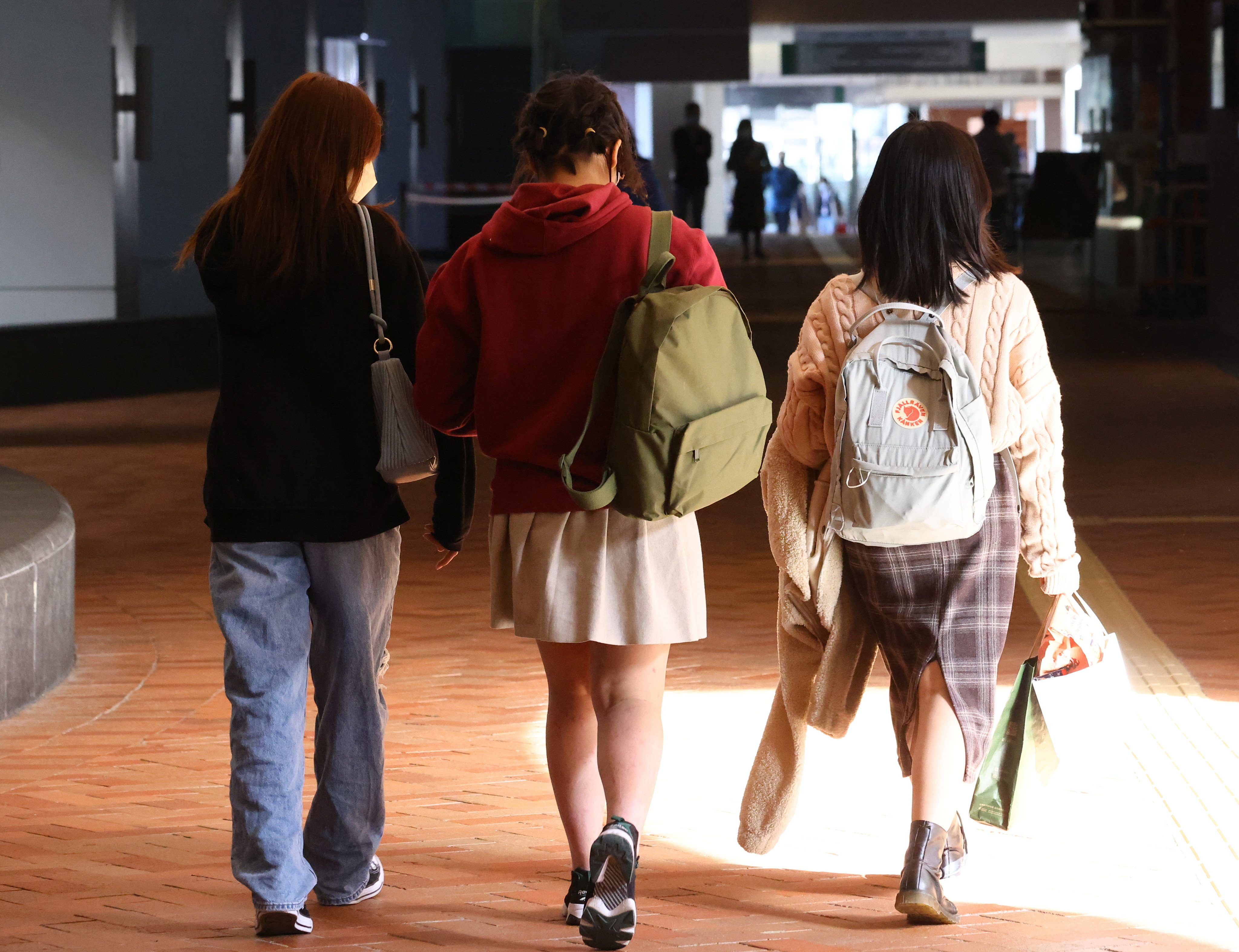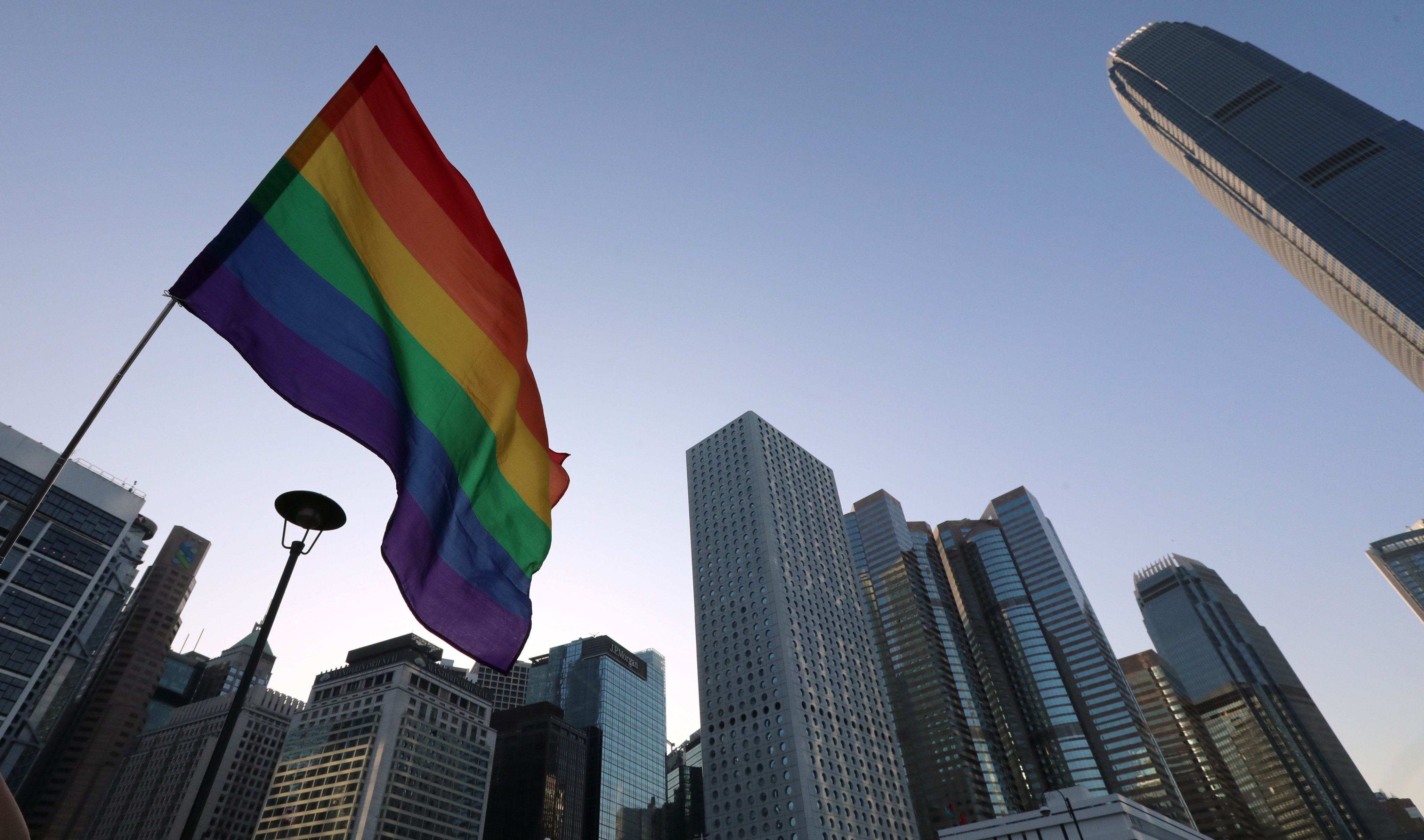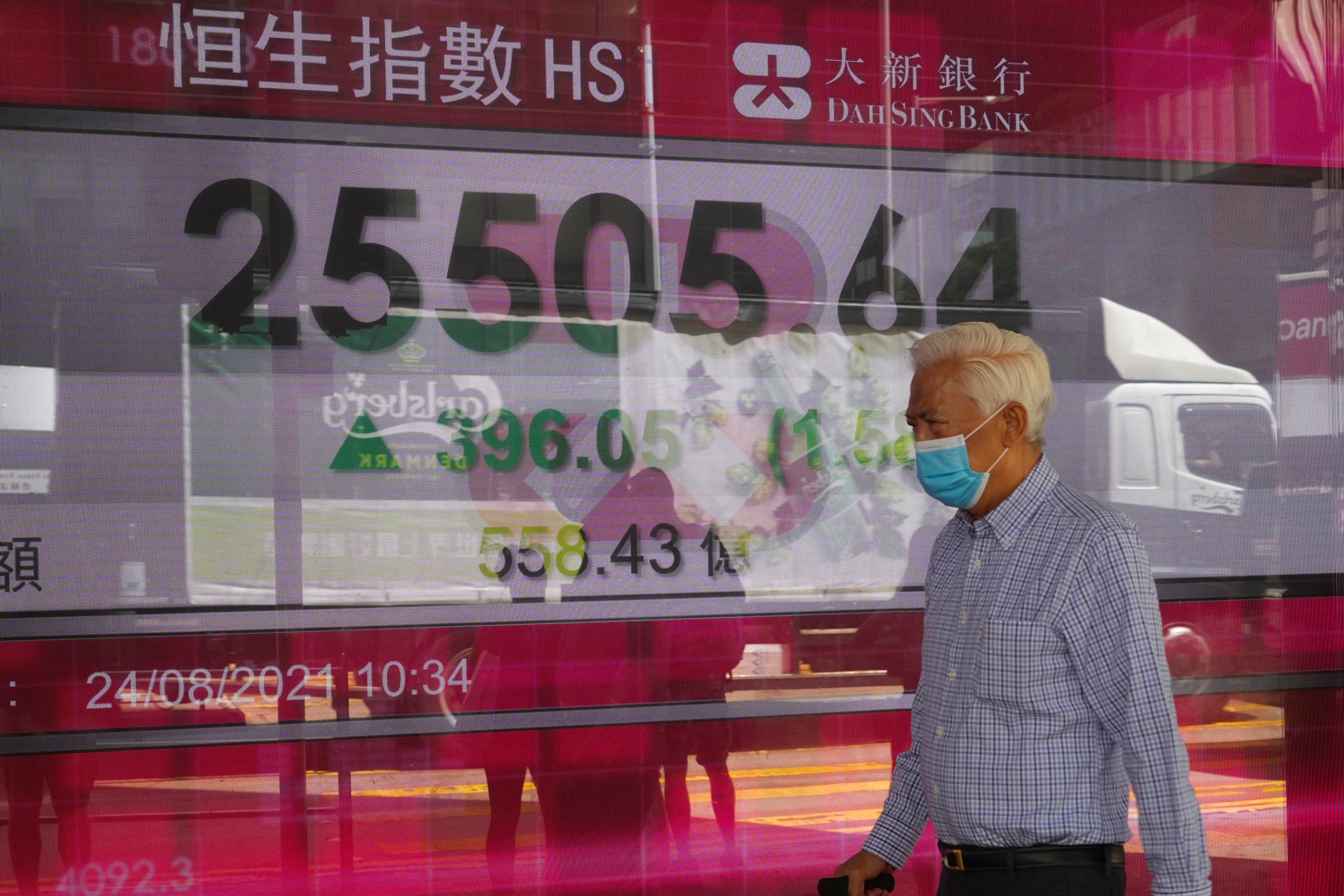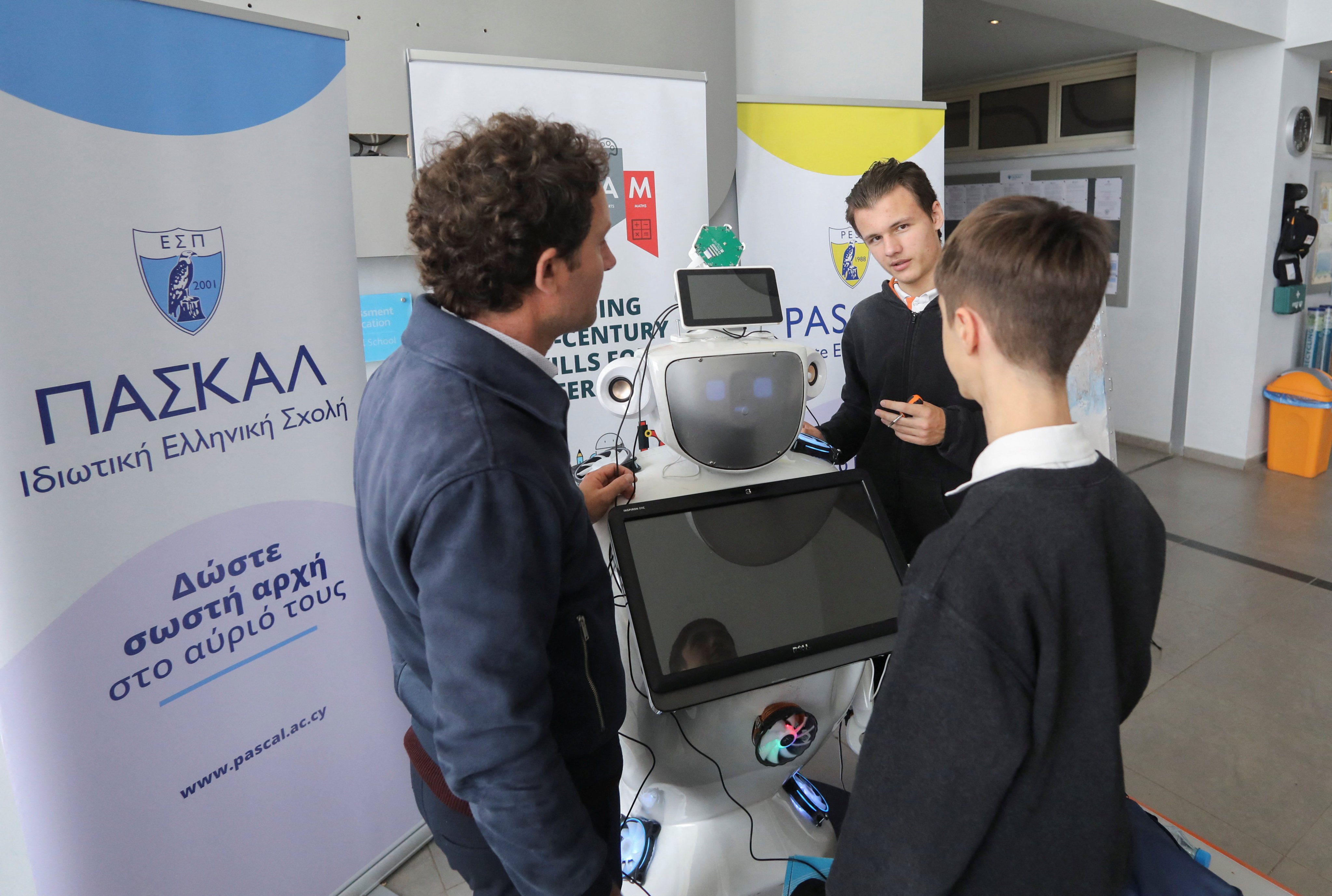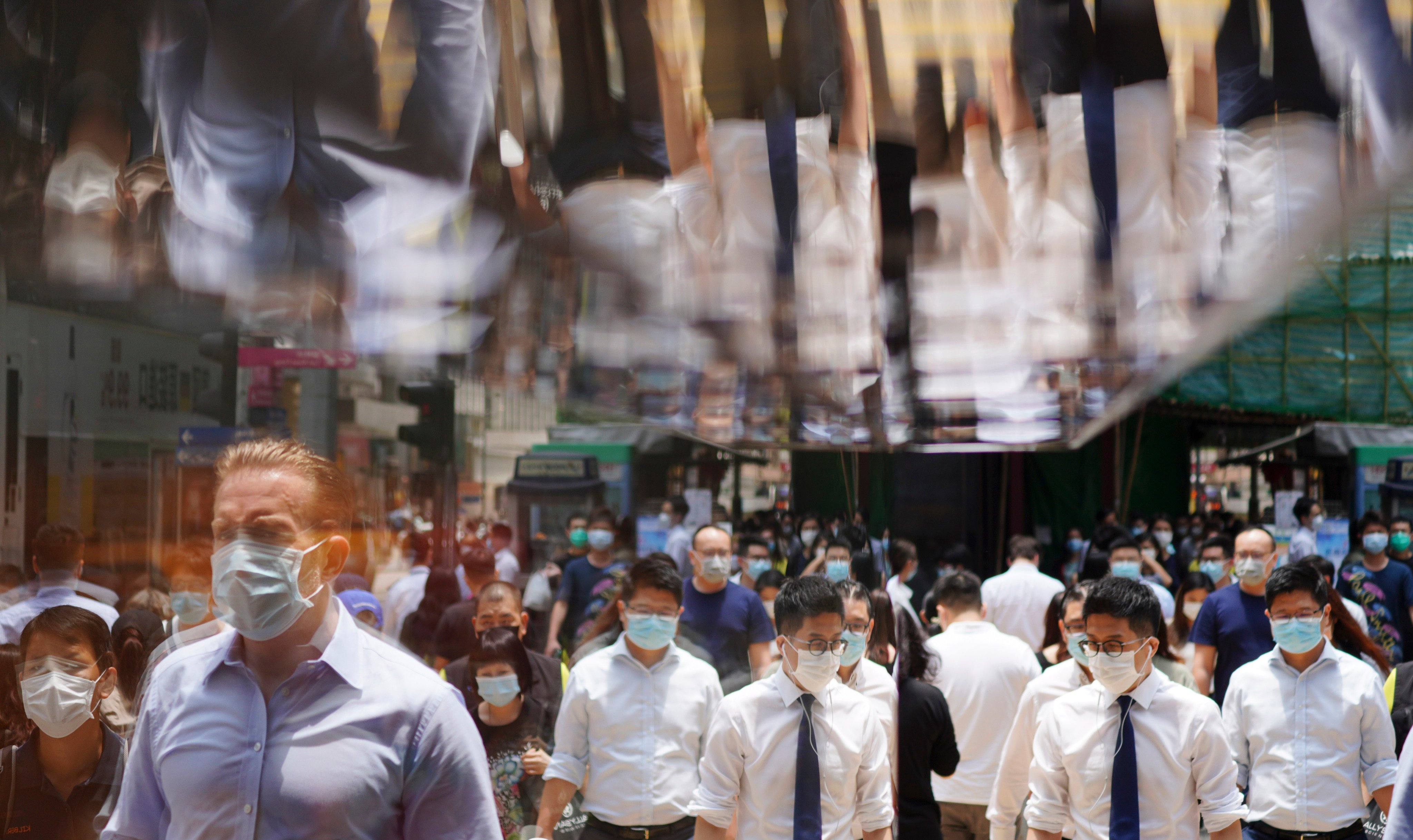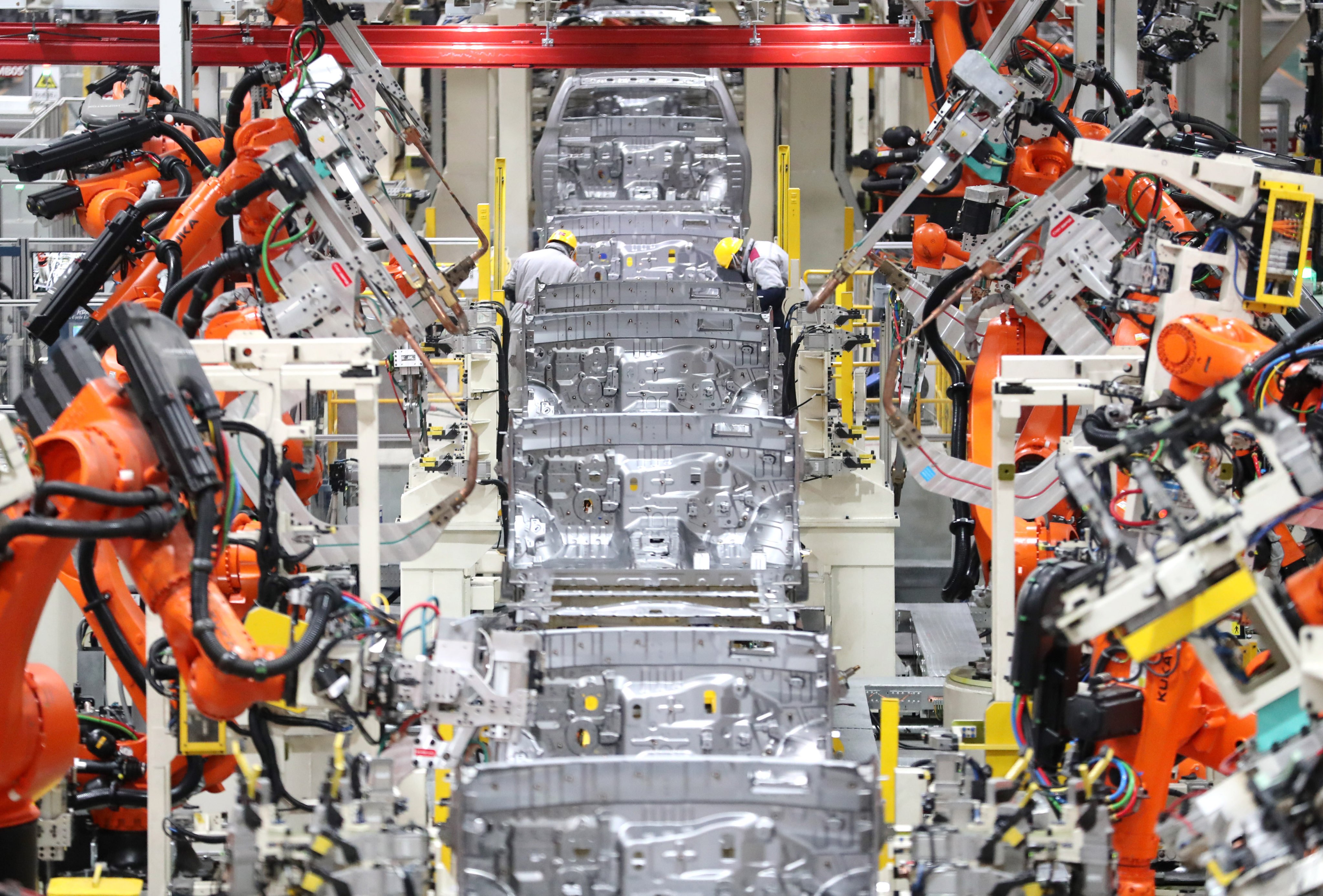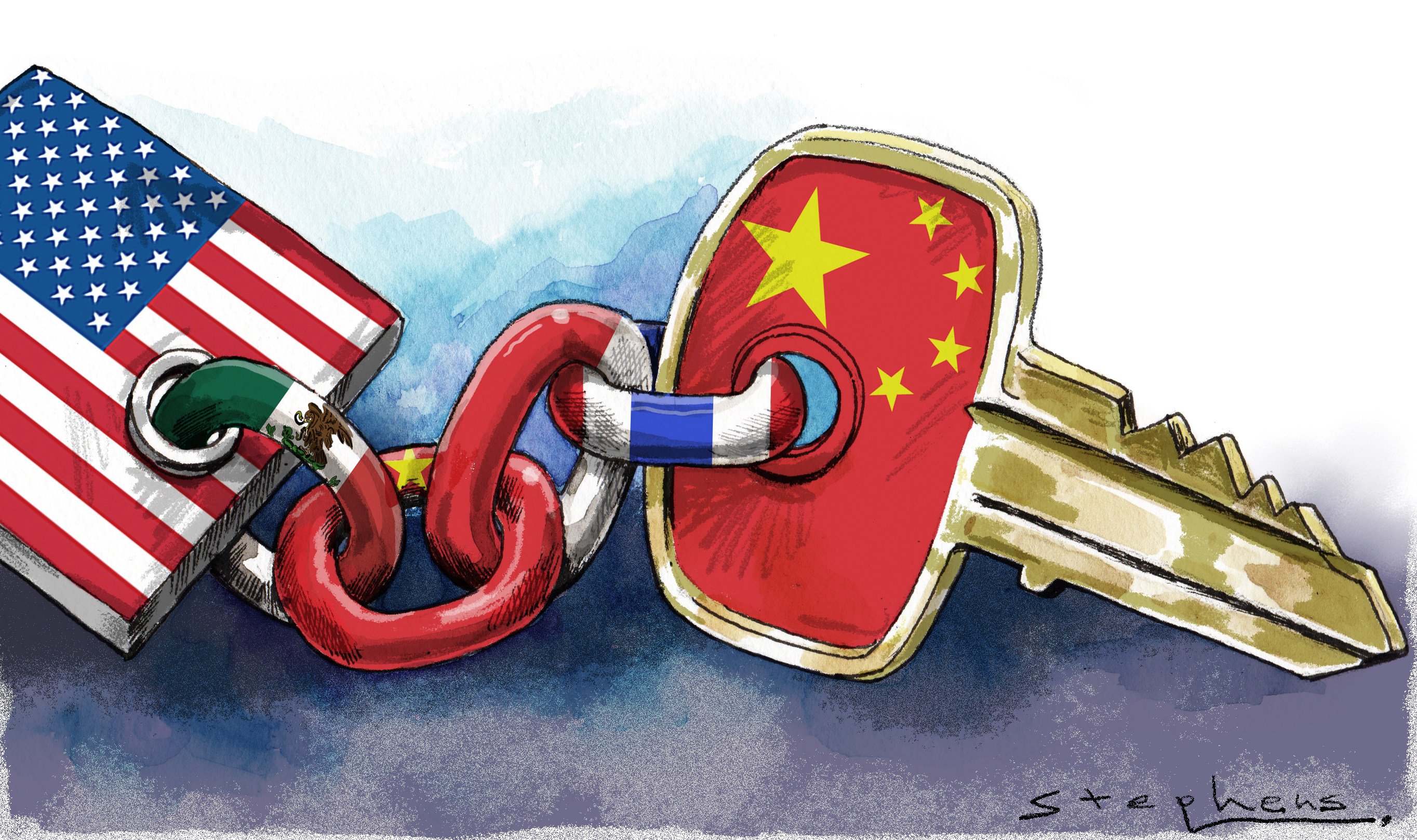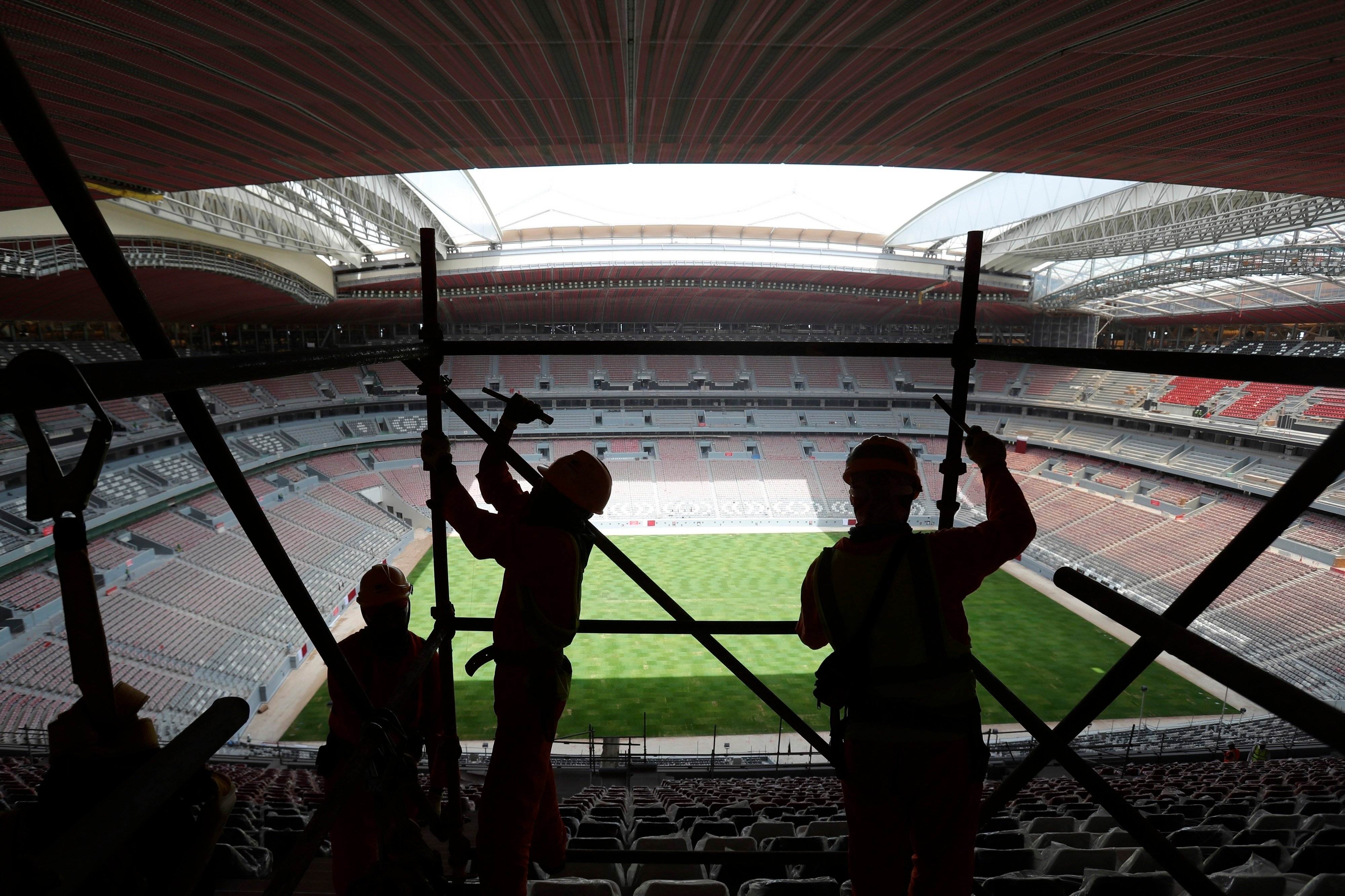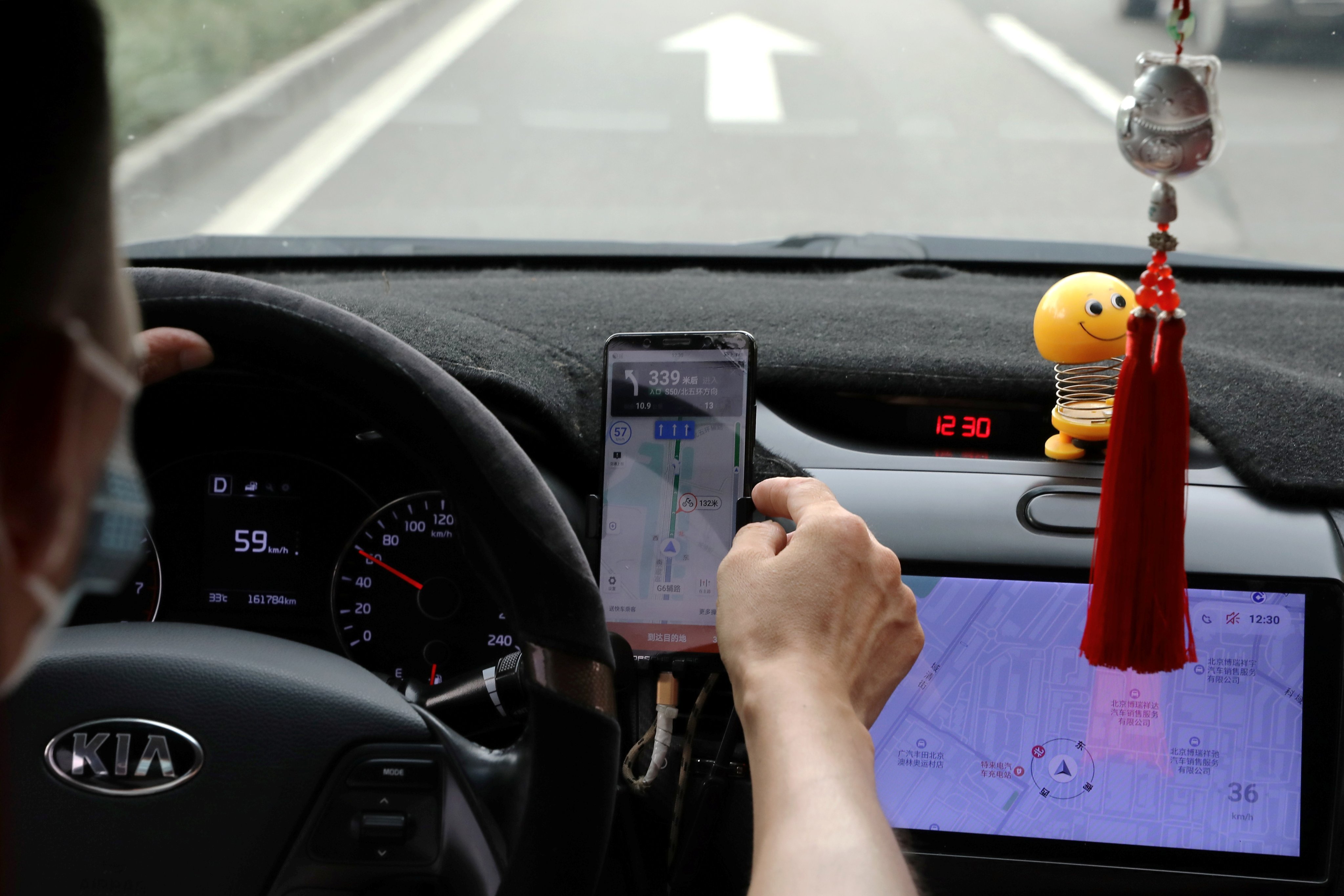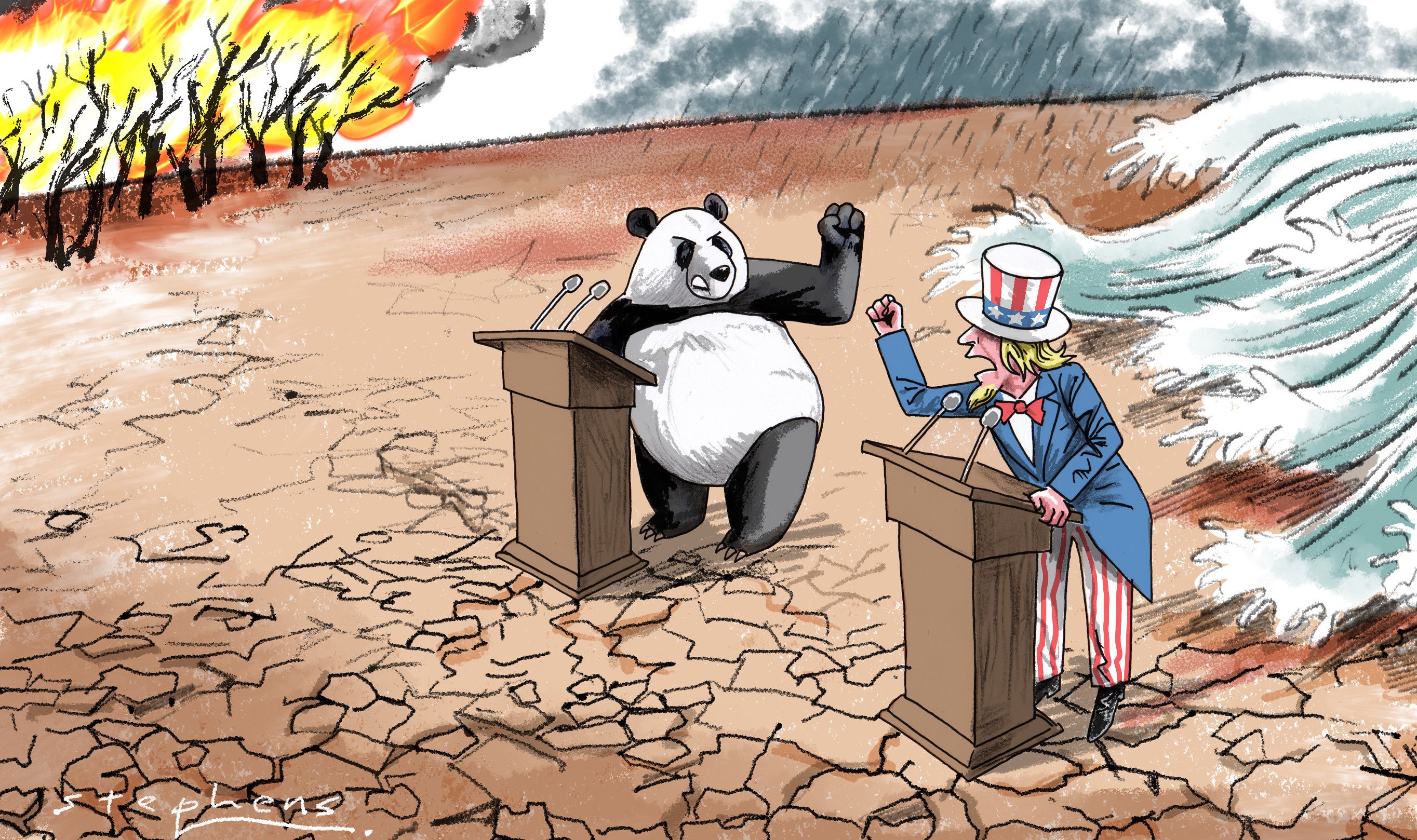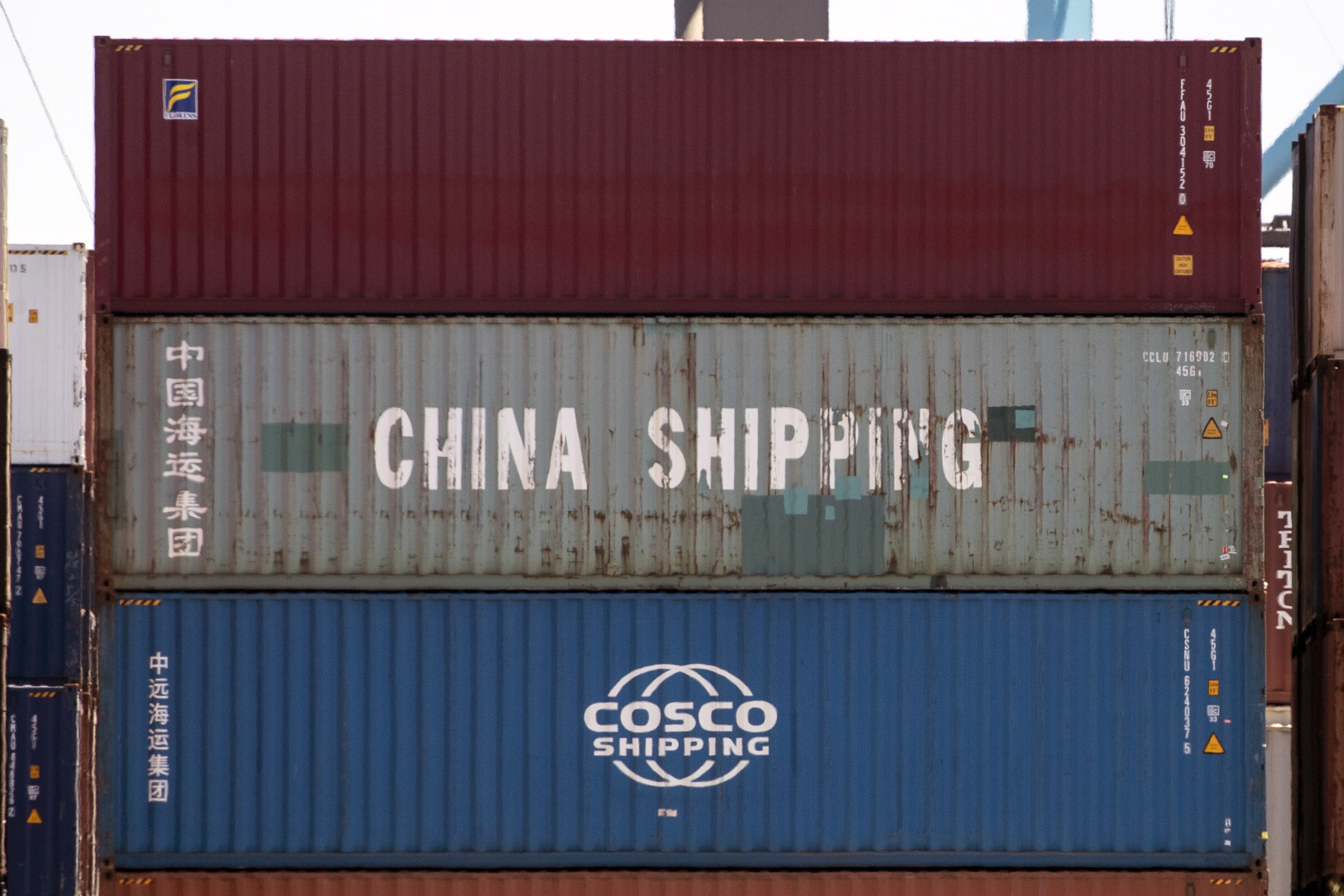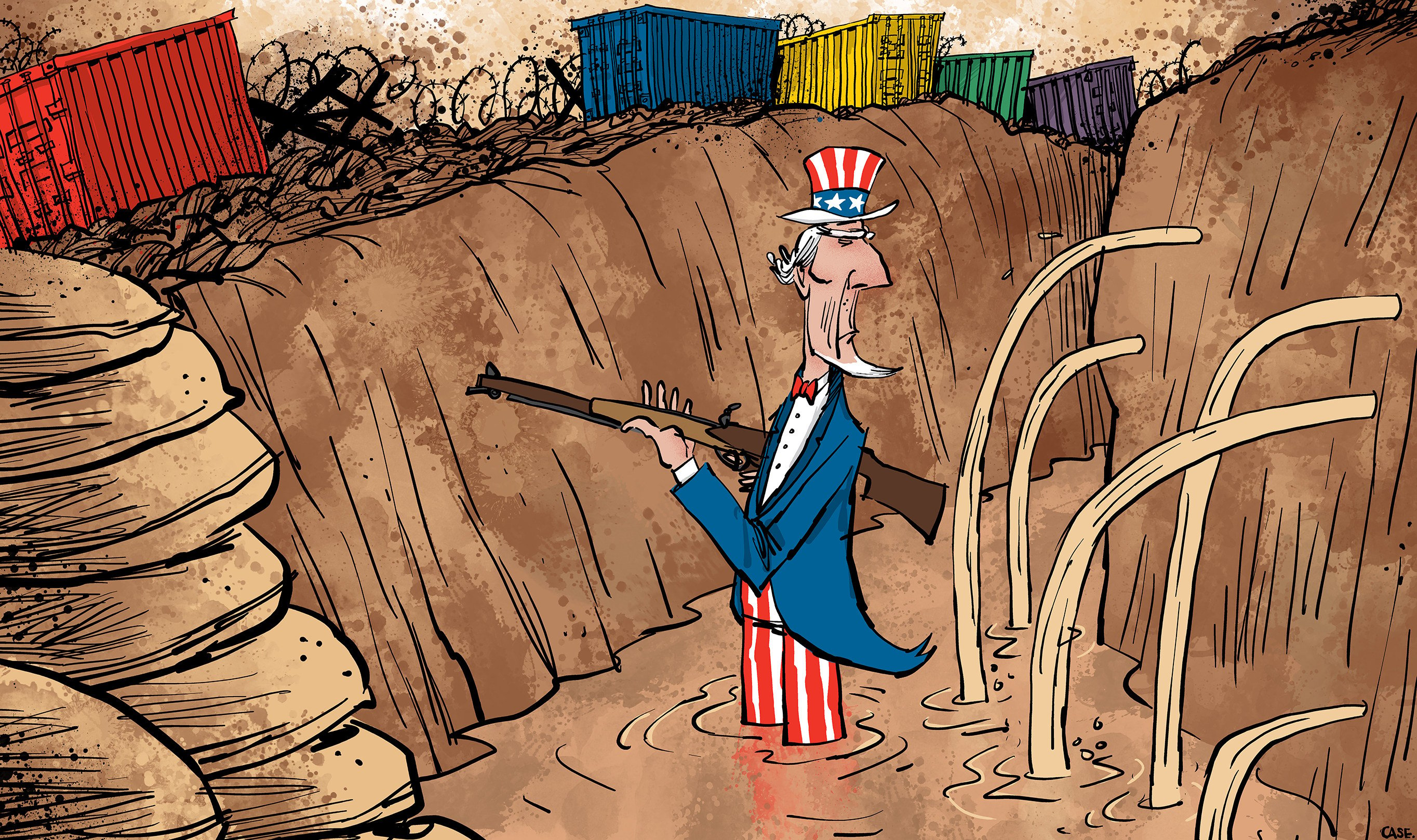Advertisement
Advertisement
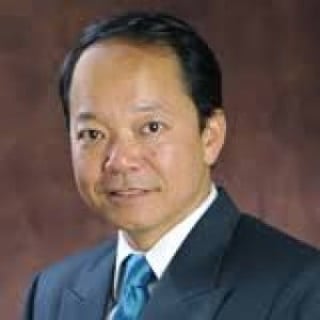
Christopher Tang
Christopher Tang is university distinguished professor and Edward Carter professor of business administration at the UCLA Anderson School of Management.
With the US poised to escalate the trade war, China must focus on boosting self-sufficiency and diversifying its options beyond the West.
While no longer a manufacturing base for textiles, Hong Kong’s edge in R&D can innovate eco-friendly solutions for the industry.
China can produce affordable EVs for the world if executives adapt their management practices to fit with European cultural norms and regulations.
The exit of foreign firms and falling property prices shouldn’t overshadow the city’s resilient growth, access to the rest of China, and support for innovation.
Advertisement
Slamming China for capitalising on its manufacturing advantages to produce competitively priced exports is hypocritical and against the principles of free trade.
To achieve its economic growth target, Beijing will have to lift consumption and hi-tech exports. China’s unique circumstances mean it requires more stimulus than previously, including the 4 trillion yuan used to combat the 2008 global financial crisis.
Efforts to keep Chinese electric vehicles out of the US will only hurt American consumers and manufacturers in the long run. Instead, the Biden administration should welcome Chinese carmakers into the US to improve innovation and competitiveness.
A US House select committee report calling for higher tariffs on Chinese goods underlines the prevailing bipartisan mood in Washington. While it makes sense for the US to broaden its supply base beyond China, the disruptions in the Red Sea have shown that alternative locations must be chosen with care.
The US needs to redouble global cooperation to curb supply and enforce a much stricter drug policy at home to curb demand. China’s support is only a first step.
Biden’s statements on Taiwan, the US-China relationship and trade in the Indo-Pacific are creating confusion and mistrust. To keep his allies and supporters on board, he needs a decisive strategy – something he could learn from Kissinger and other political realists.
Foreign firms looking to diversify their supply chains away from China could inadvertently create negative outcomes for the environment and consumers. Simplicity is a virtue in supply chain management, and countries other than China that can provide end-to-end solutions are few and far between.
A Xi-Biden meeting could ease US-China tensions and focus both leaders’ attention on cooperating for peace in the Israel-Gaza war. Trade promotes peace but trade relationships cannot be sustained without it.
As much as foreign firms might complain about difficulties operating in China, India makes doing business there even more challenging. New Delhi’s legal and bureaucratic scheme to squeeze out China risks adding to India’s budget woes and holding back manufacturing growth.
Despite US friendshoring and nearshoring efforts, many global supply chains still depend on China indirectly. Until US allies can develop transparent end-to-end supply chain solutions, America will continue to rely on Chinese manufacturing, directly or indirectly.
New Life Plastics ceasing operations because of a lack of plastic bottles shows how far Hong Kong has to go in promoting recycling. Reducing use, providing better incentives to recycle, and making recycling easier will help the city do its part to save the environment.
Moves to attract people from around the world are welcome, but the city must also retain its local talent. The government should take the lead in encouraging the private sector to recognise the value of having older workers and women in the workforce.
For decades, the US and China engaged in strategic ambiguity to keep their relationship stable, but both are now openly targeting global leadership. By ramping up their rhetoric and acting with explicit intent, the two countries are not only inflicting economic pain but also increasing the chances of a hot war.
Behind BYD’s transformation from a factory making rechargeable batteries to a formidable electric vehicle maker lies China’s industrial policy and the company’s strategic acumen. The carmaker is setting its sights beyond the Chinese market – world domination is within grasp.
A ban won’t stop students from using the likes of ChatGPT, while incorporating AI tools into teaching can motivate learning. Importantly, it prepares them to work with AI when they enter the workforce.
Closed-mindedness is not in keeping with Hong Kong’s role as a centre for international cultural exchange and a site of cultural experimentation and reform. Rather than more politicisation, the city needs to go back to what it does best – welcoming the world with open arms.
While Hong Kong is trawling the world for talent, it could also tap the potential of workers over 65. In addition to raising the retirement age, companies could attract older workers with measures such as flexible working hours and specially developed titles and roles.
Banning students from exploring ChatGPT and other AI tools is like barring young people from using smartphones. AI tools are complements to and not substitutes for humans, and schools and universities should incorporate them in their curriculums.
Tensions may have made Hong Kong less attractive to Americans, British and Australians but there is still the rest of Europe and Asia. Hong Kong needs talent diversity if it is to develop as a global business hub.
Questions have been raised about China’s long-term growth prospects as some Western firms diversify production away to rivals such as India. But China’s manufacturing has rebounded and remains a vital part of the supply chain.
While on the surface, the US has reduced imports from China, it continues to depend on it indirectly. China is a key supplier of electronic components to countries such as Vietnam and Mexico which export to the US, it dominates the production of rare earths and is part of the world’s largest free-trade bloc.
The onus is on companies to exercise better due diligence, focusing on high-risk areas, avoiding shady recruiters, improving supply chain visibility and using tech to monitor and authenticate.
In a study of drivers in Guangzhou and Shenzhen, surge pricing benefited cherry-picking part-time gig drivers who were motivated to work more – but discouraged full-timers and hurt their earnings.
The two biggest economies have a responsibility to lead the world in combating climate change. They could start by learning from water management in Israel, flood control in the Netherlands, and vertical farming in the UAE.
Biden promised to review the trade war with China at the start of his presidency, but 18 months on and with inflation surging, he has yet to make a decision. Some in Biden’s camp want China to commit to buying more US goods before lifting the tariffs but, in the meantime, they are hurting American consumers.
Four years on, the trade war is still costing US consumers and companies, and forcing supply chain workarounds that make trade more complex and vulnerable. Worst of all, it has cost up to 245,000 American jobs and fuelled US inflation. Biden needs to realise there are no winners.

